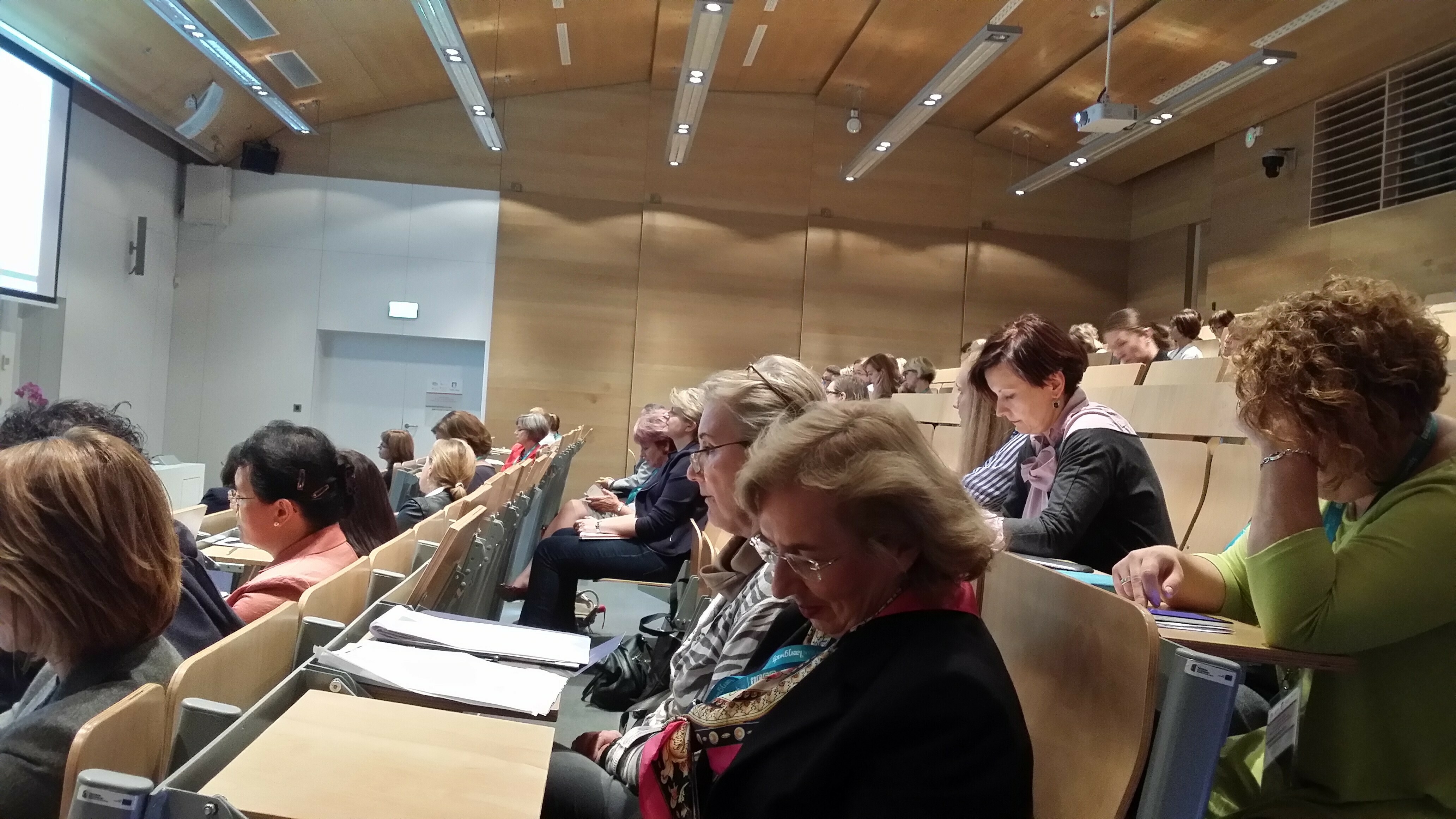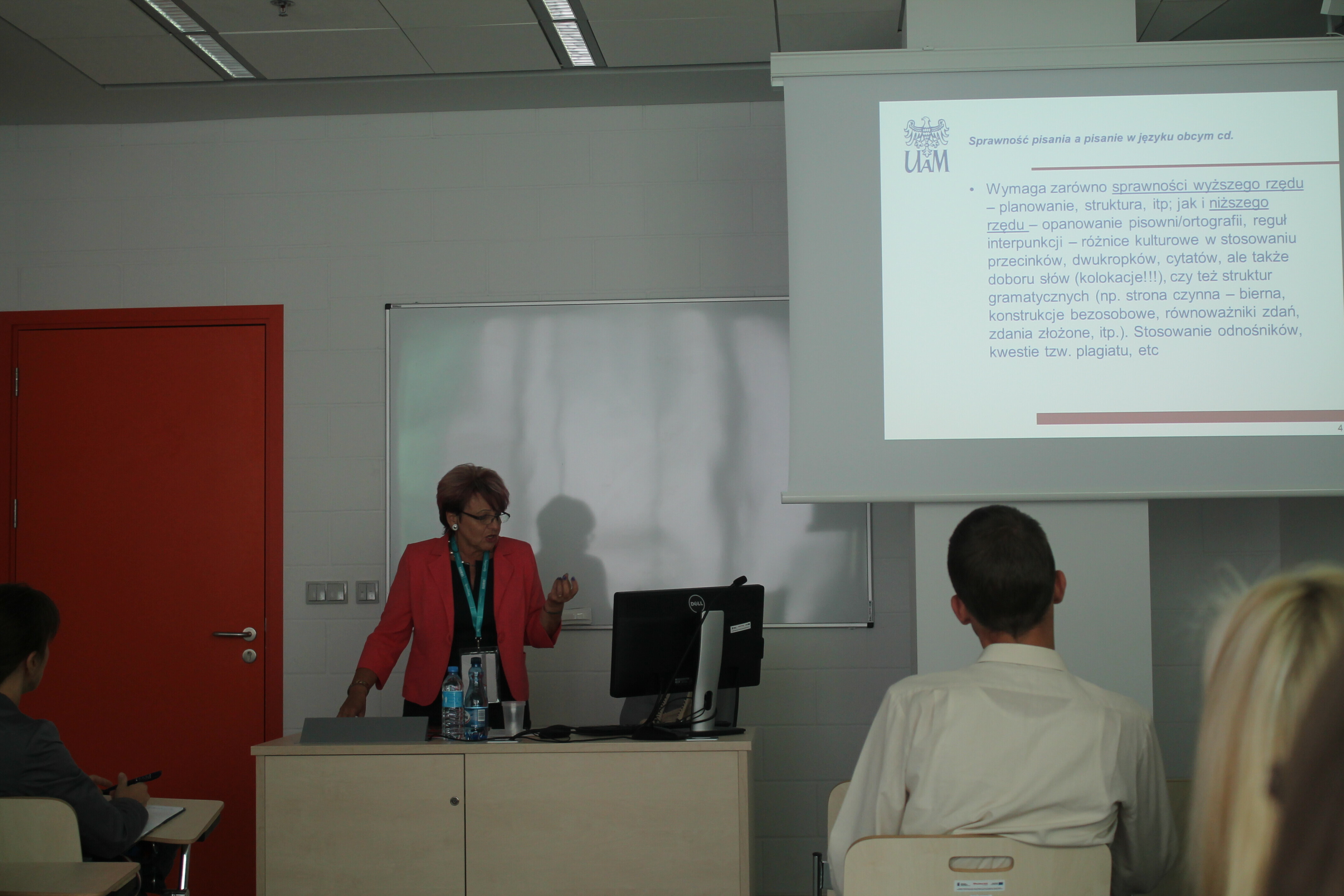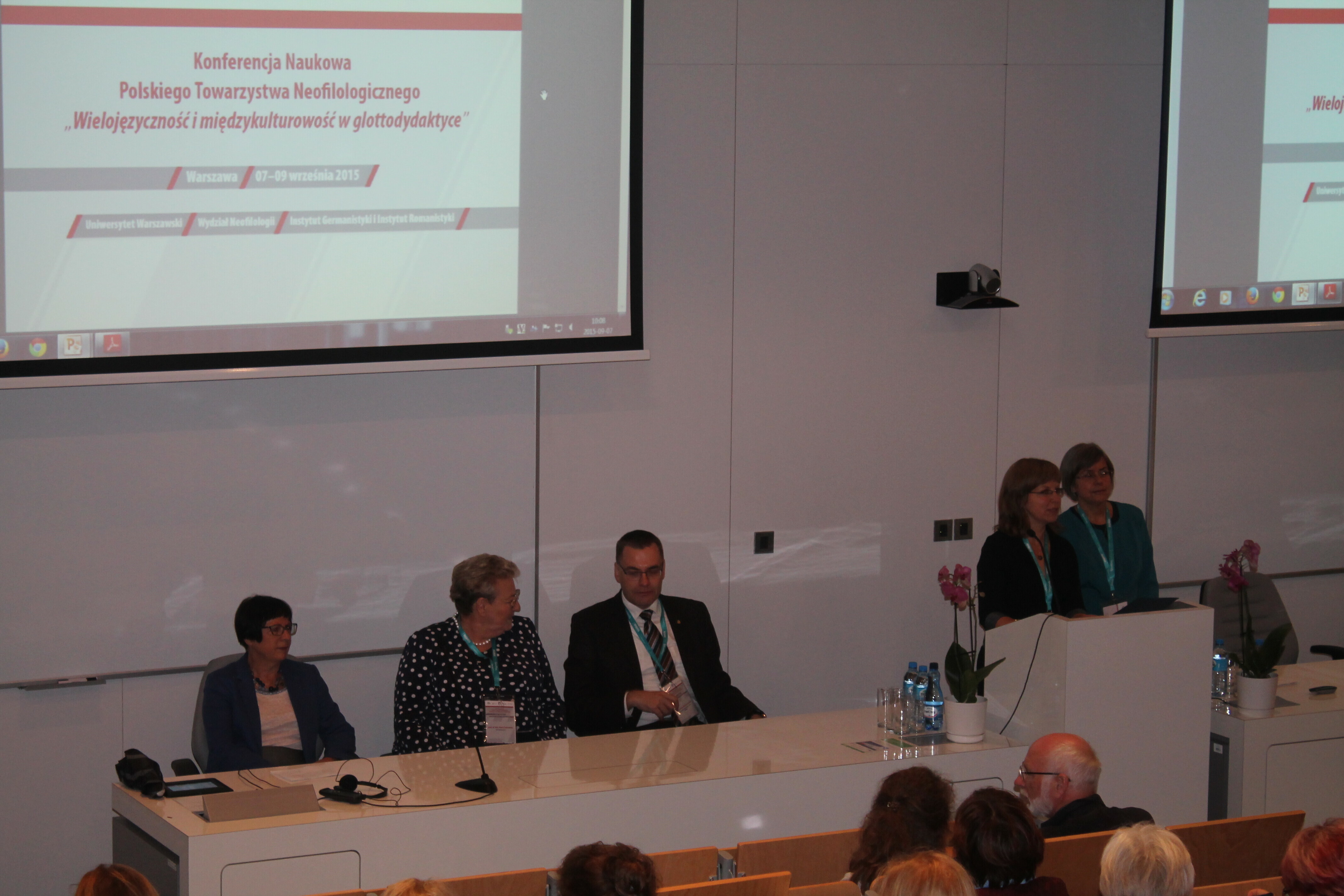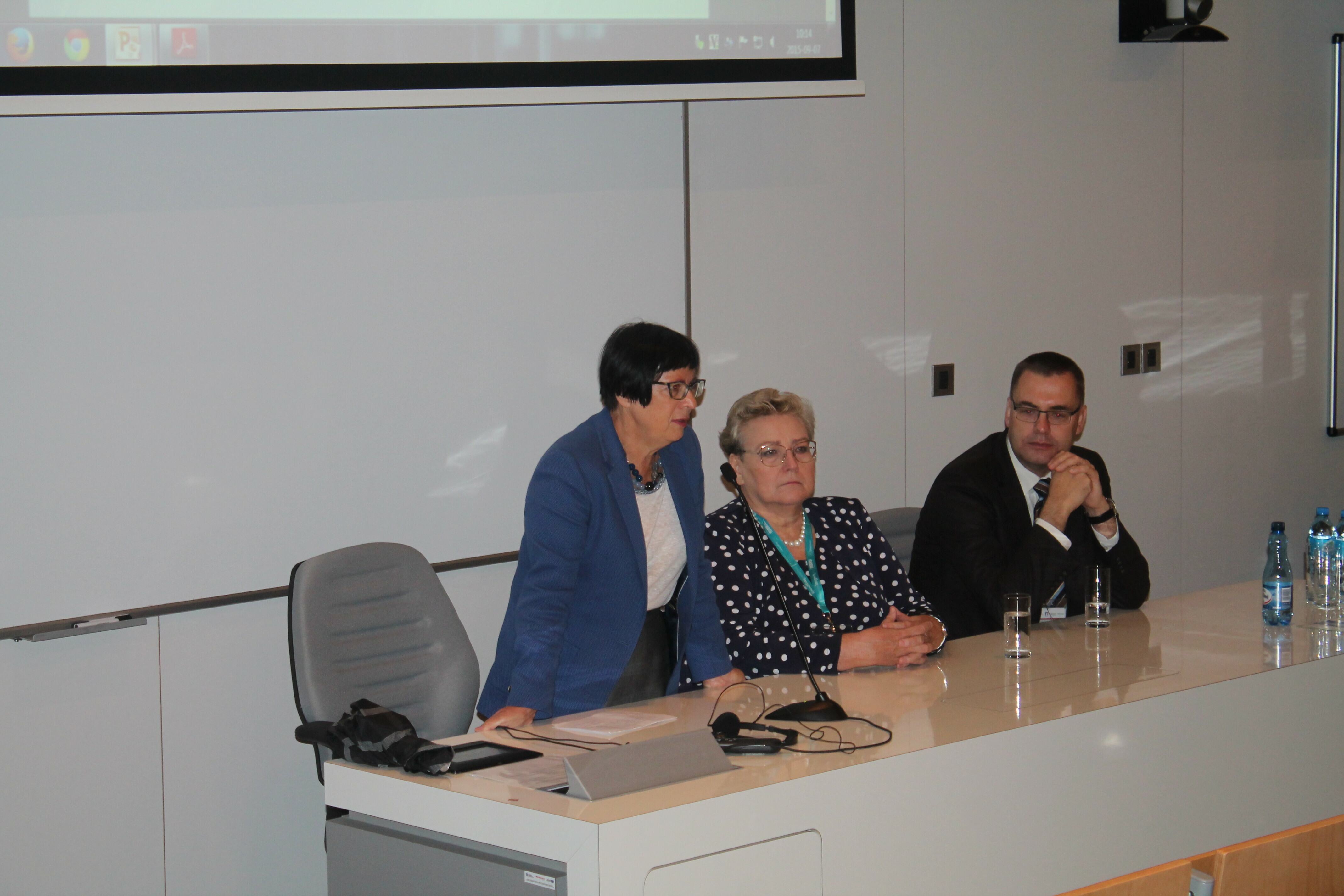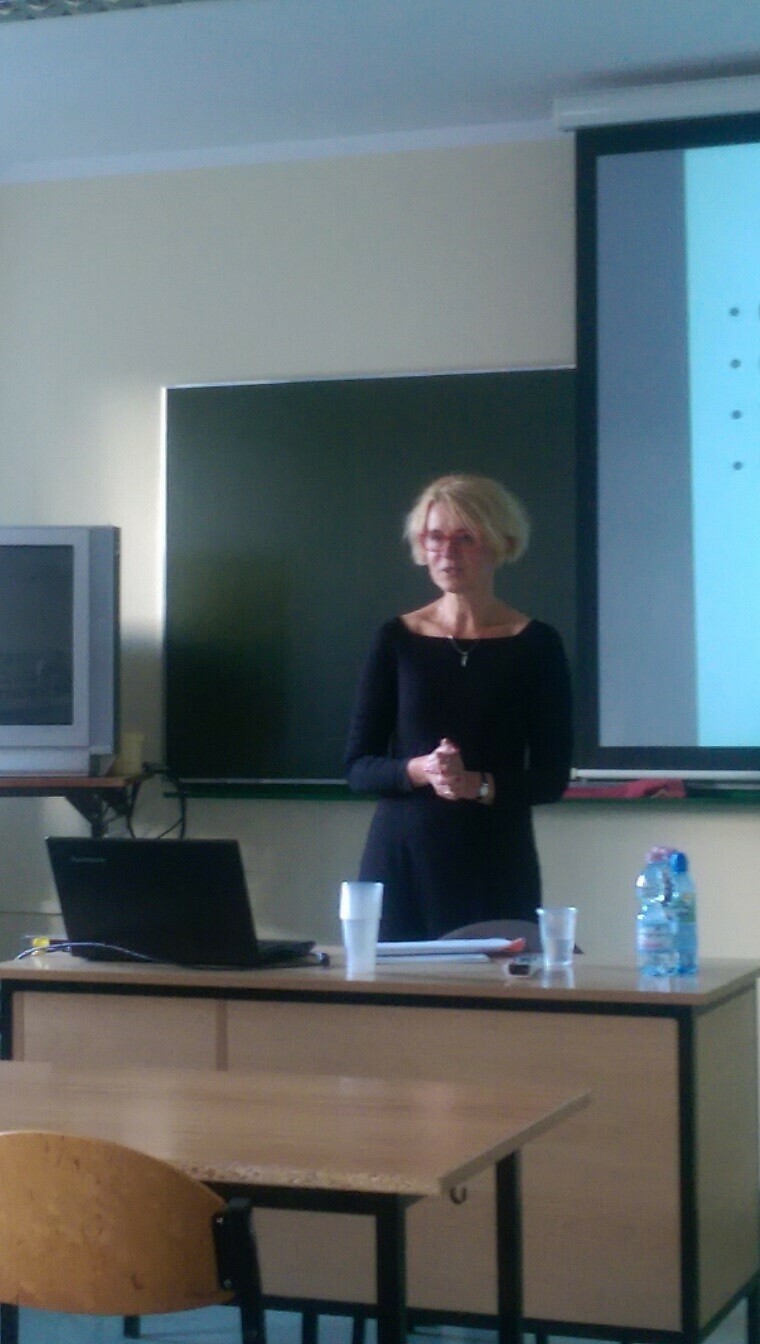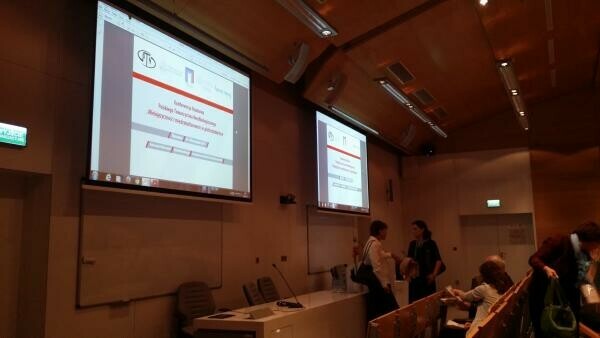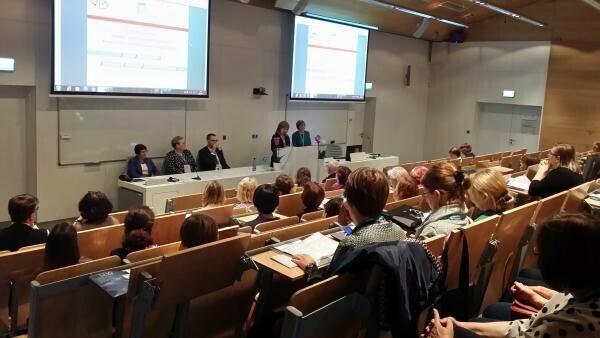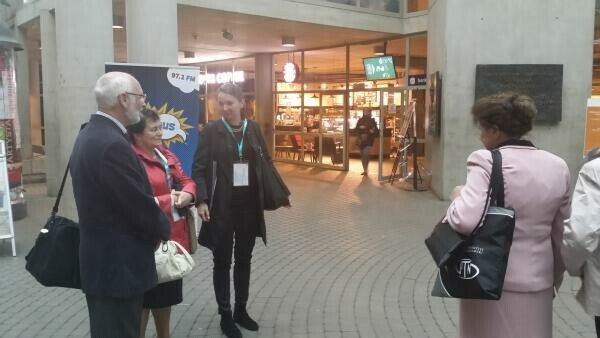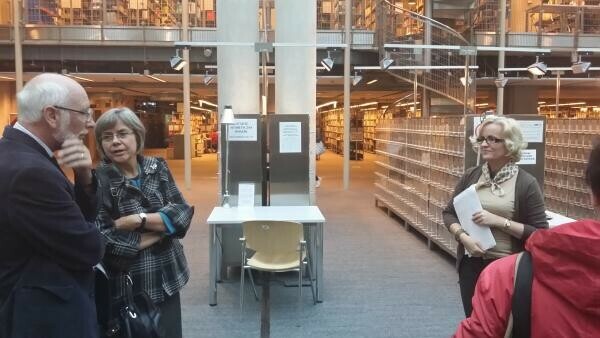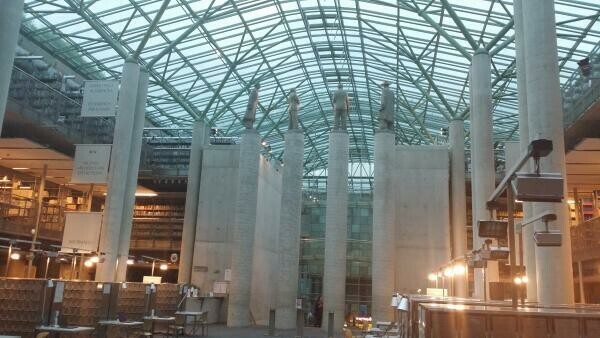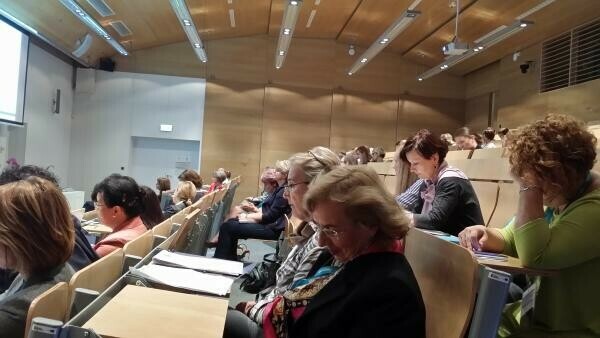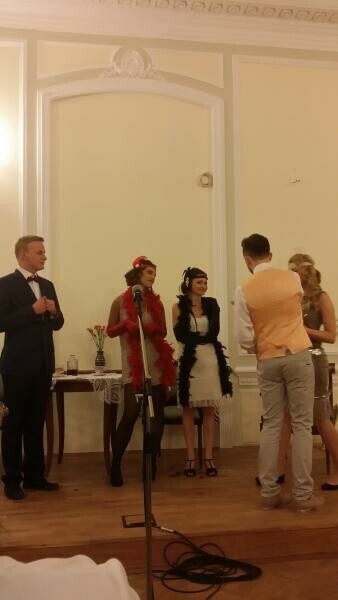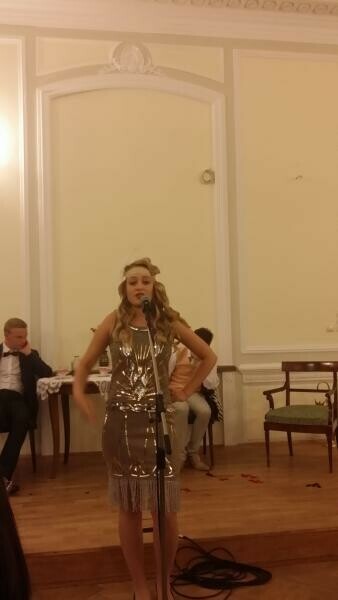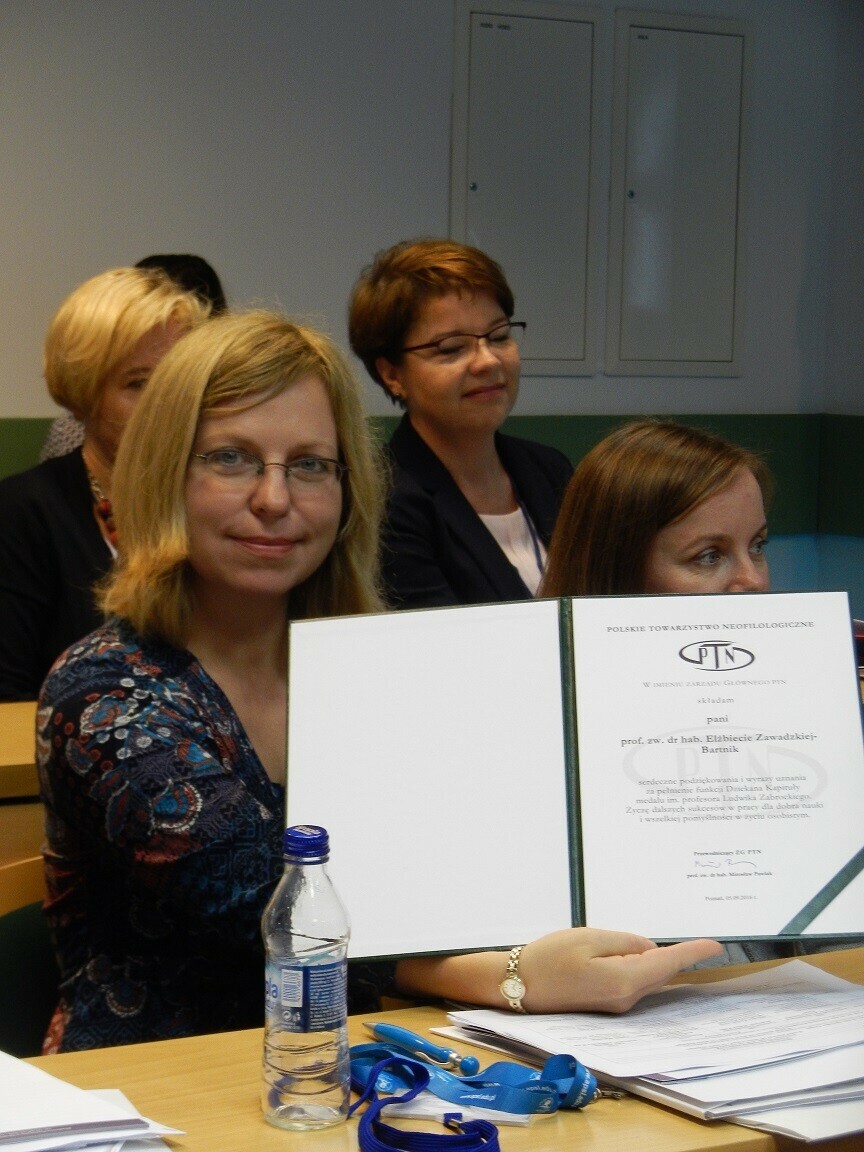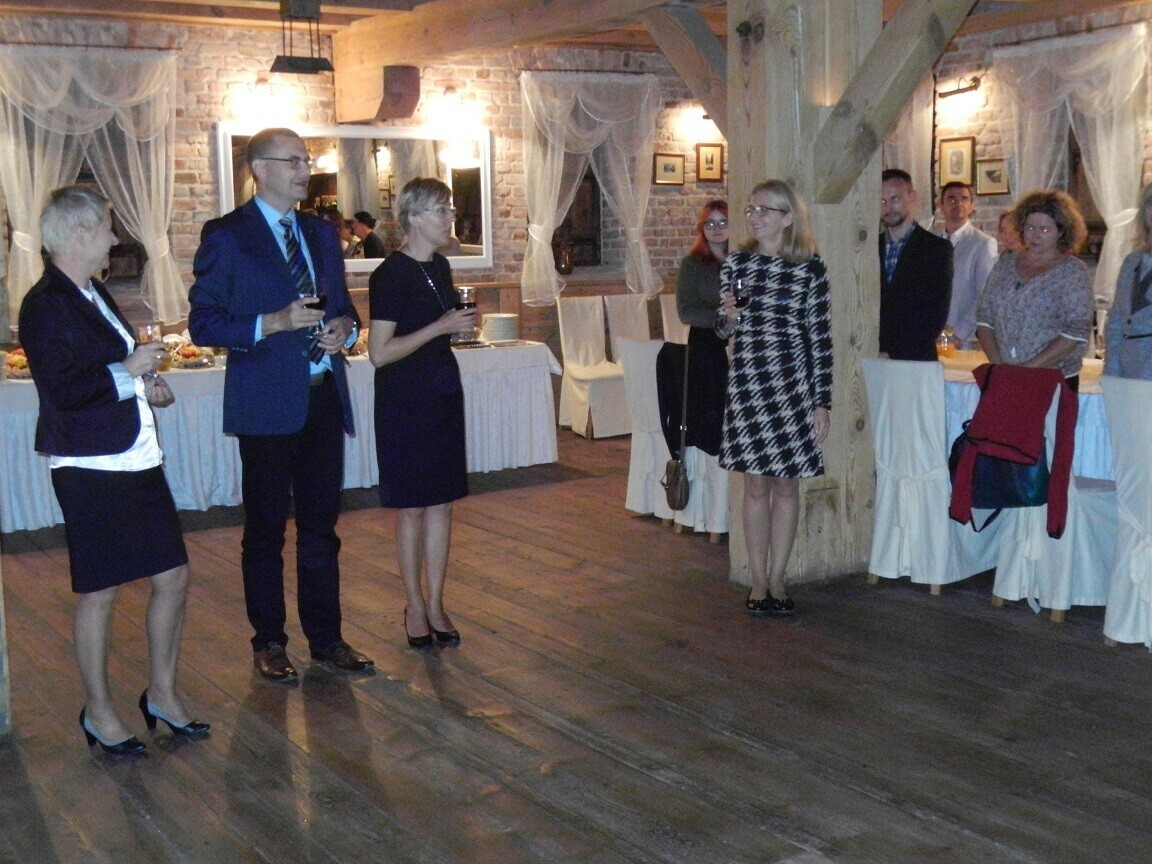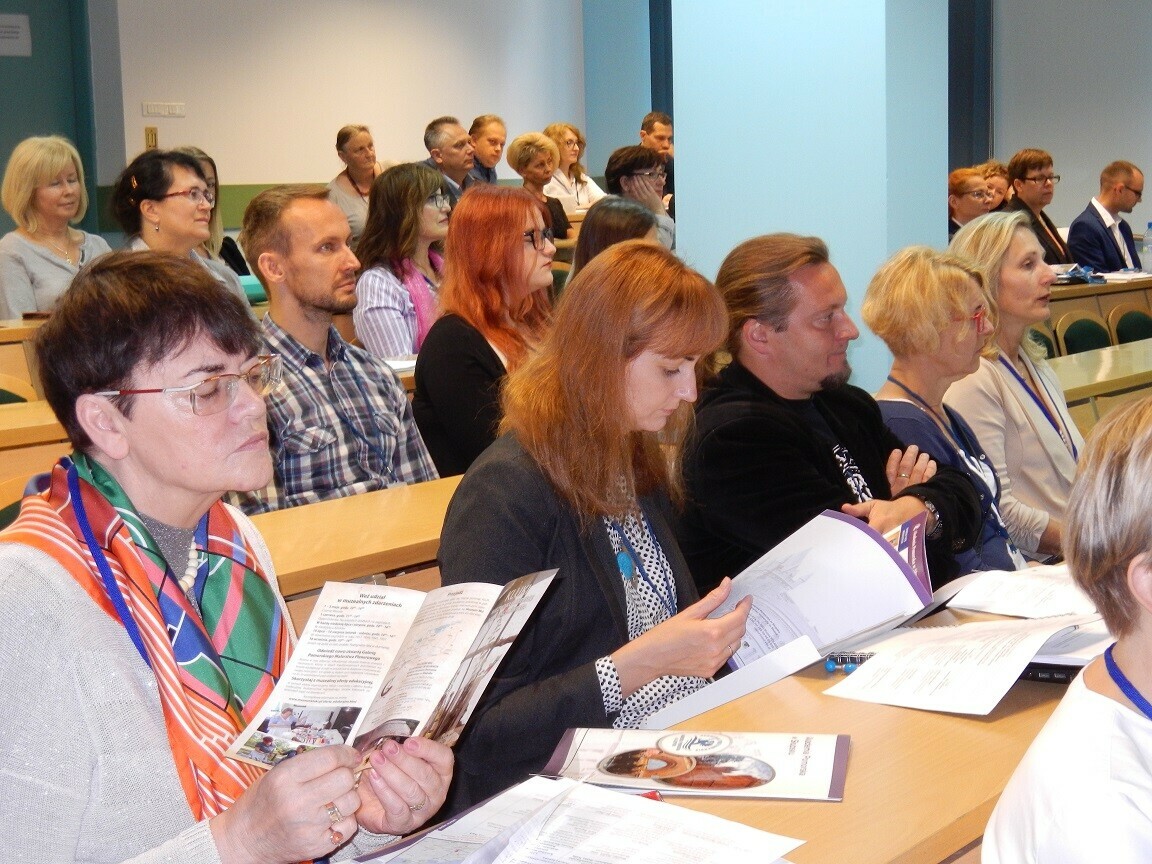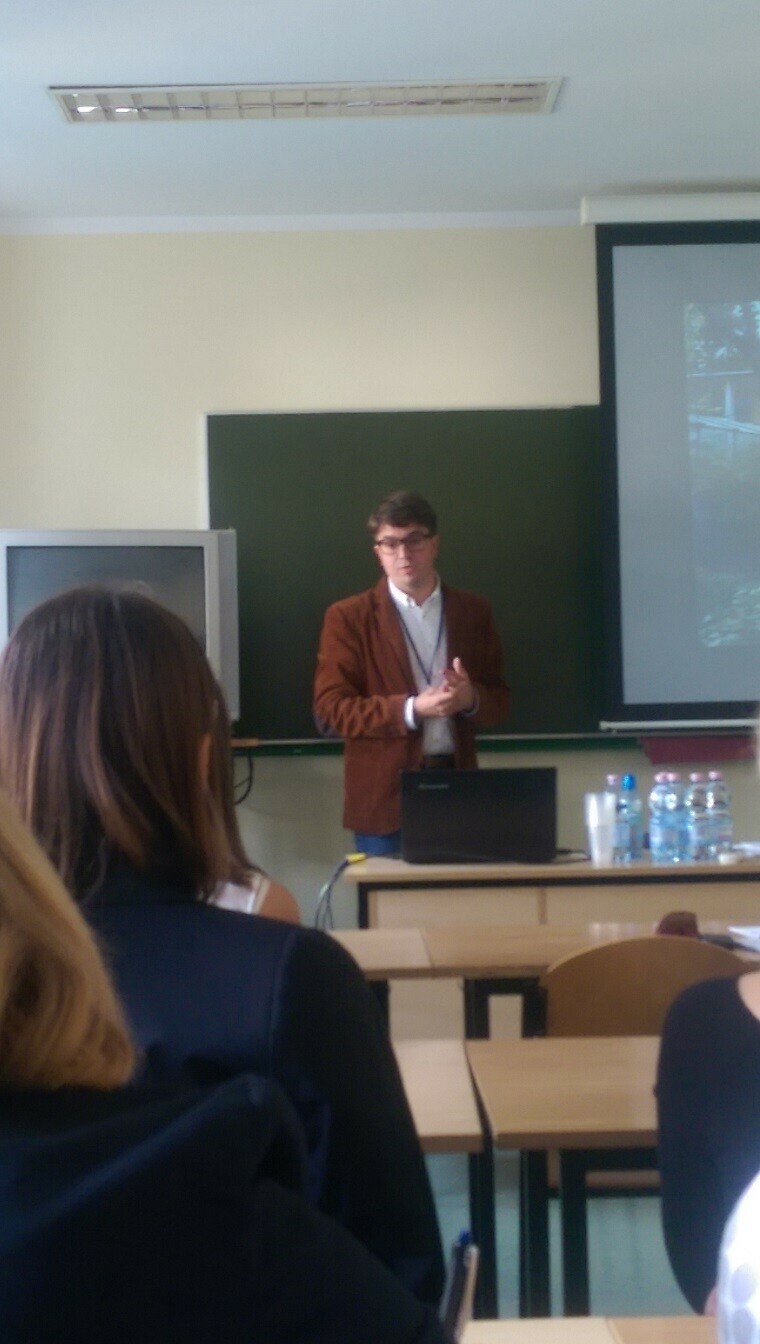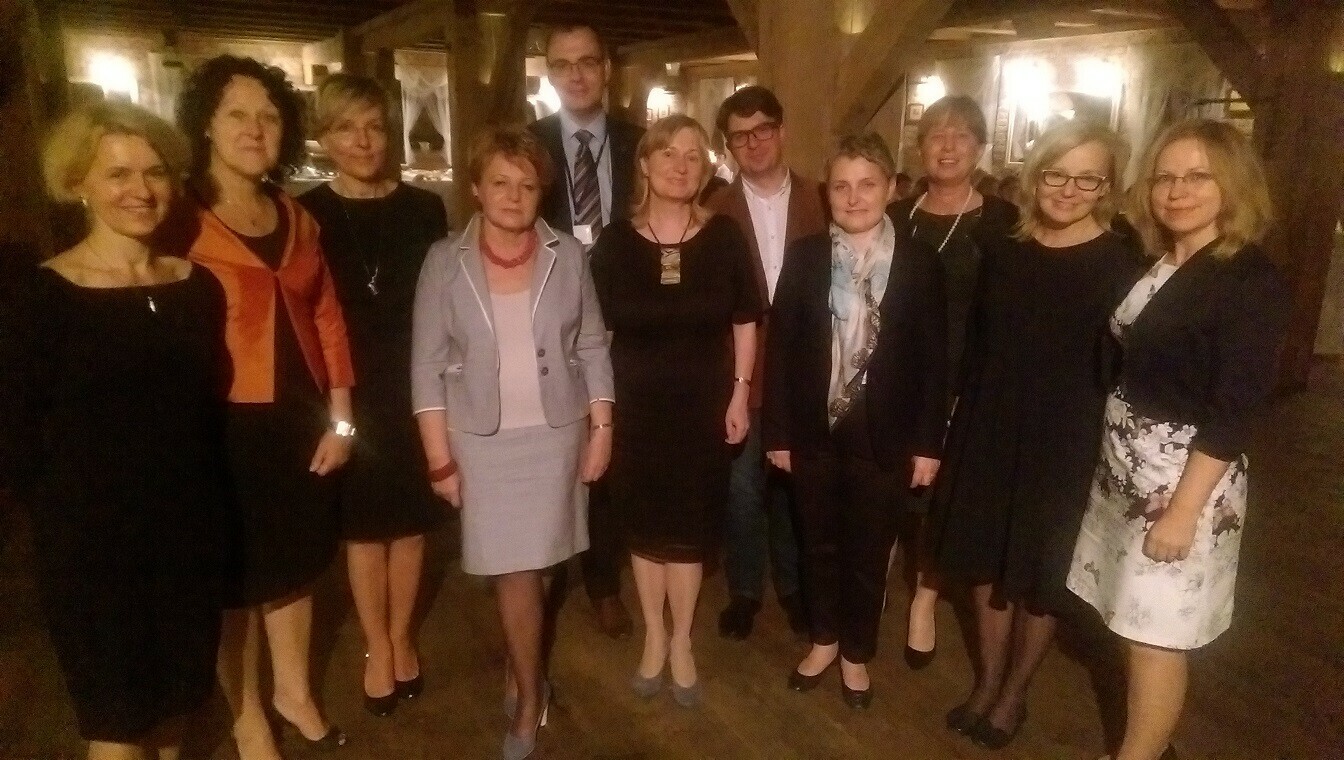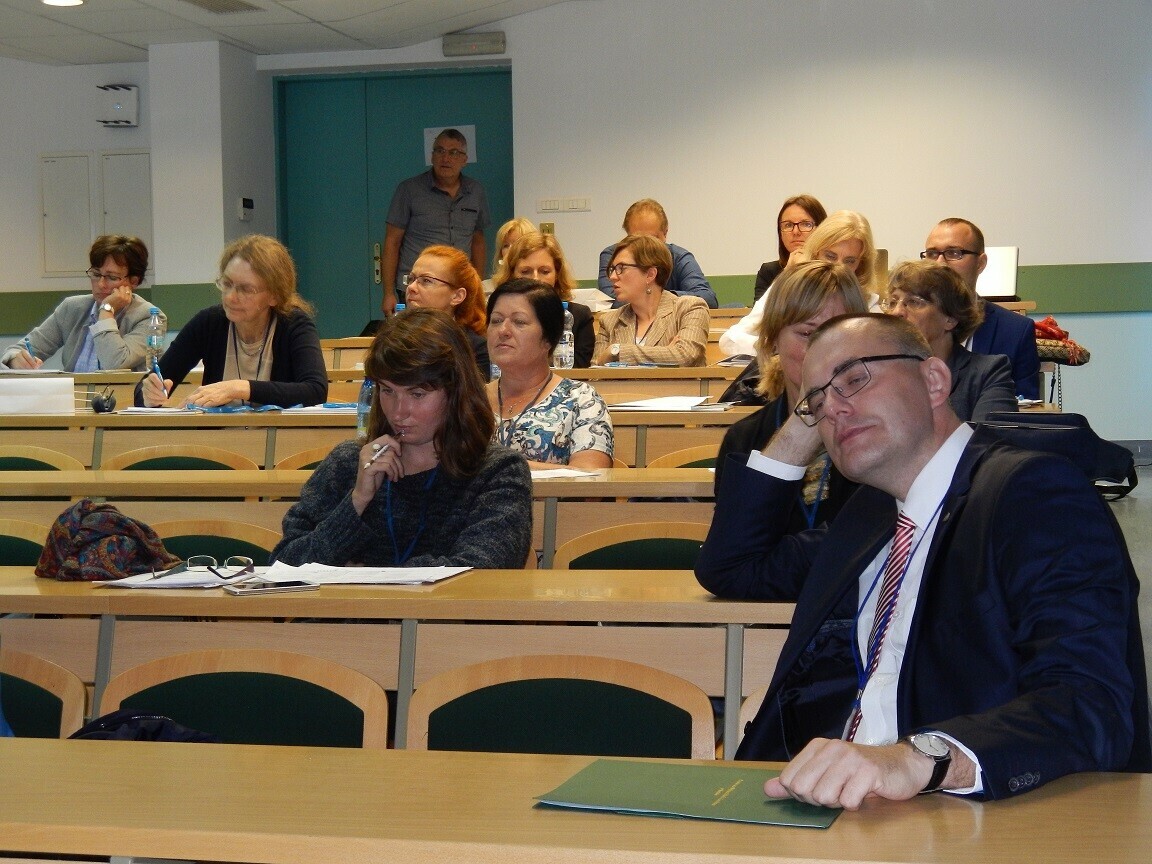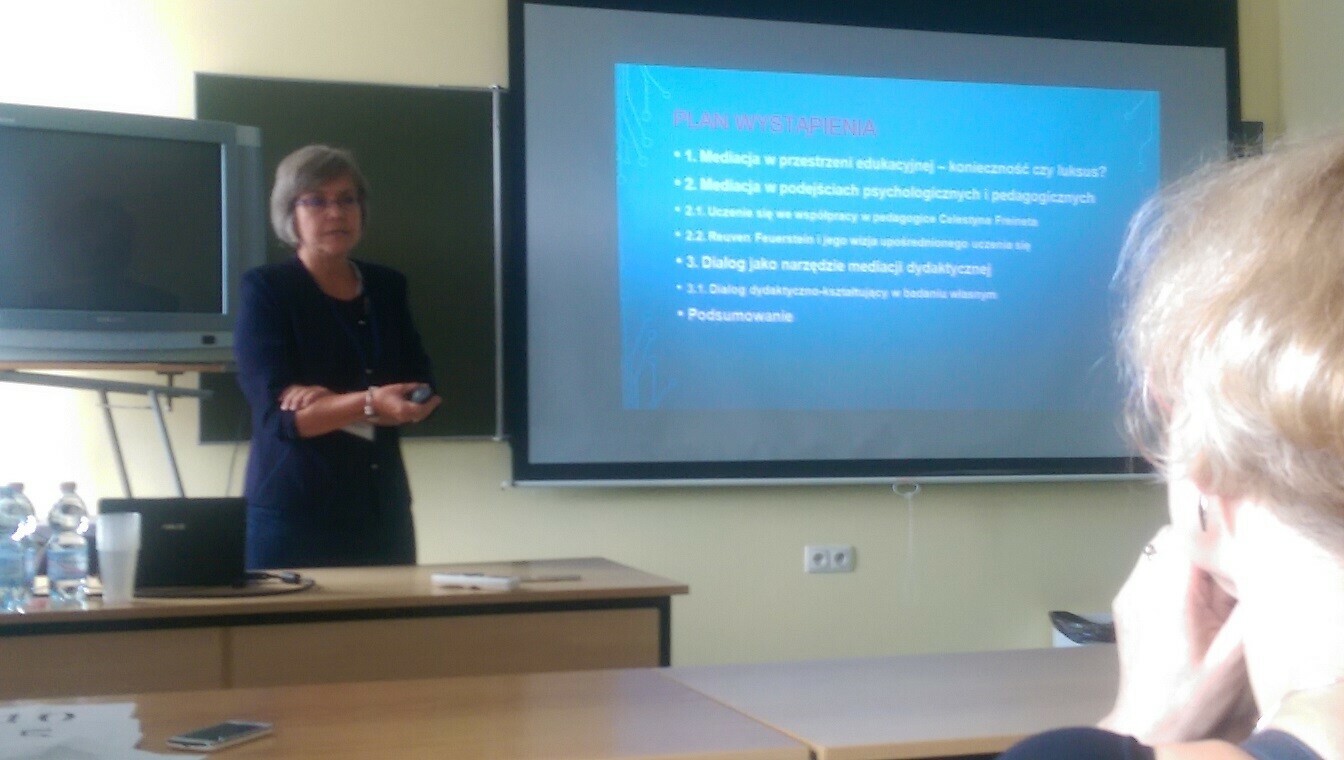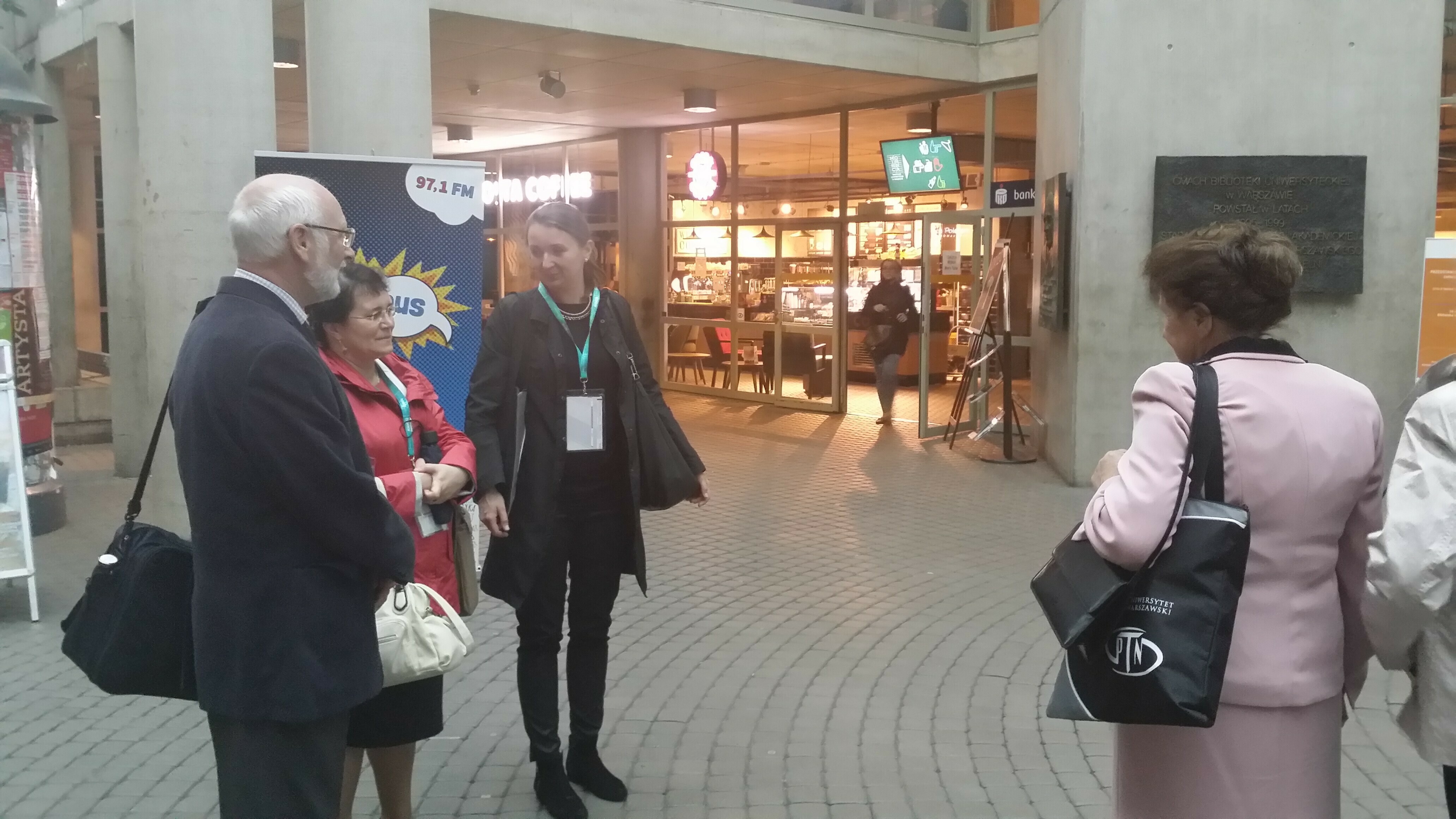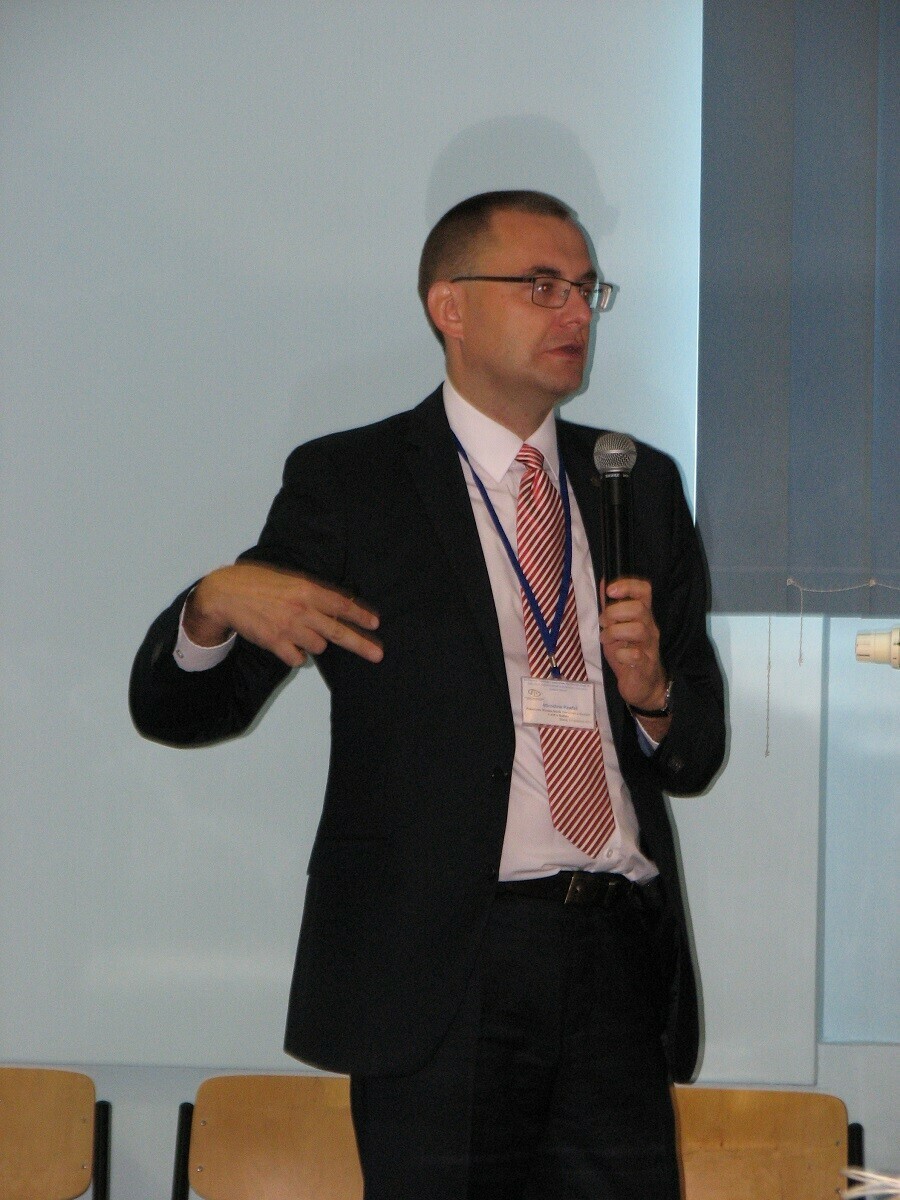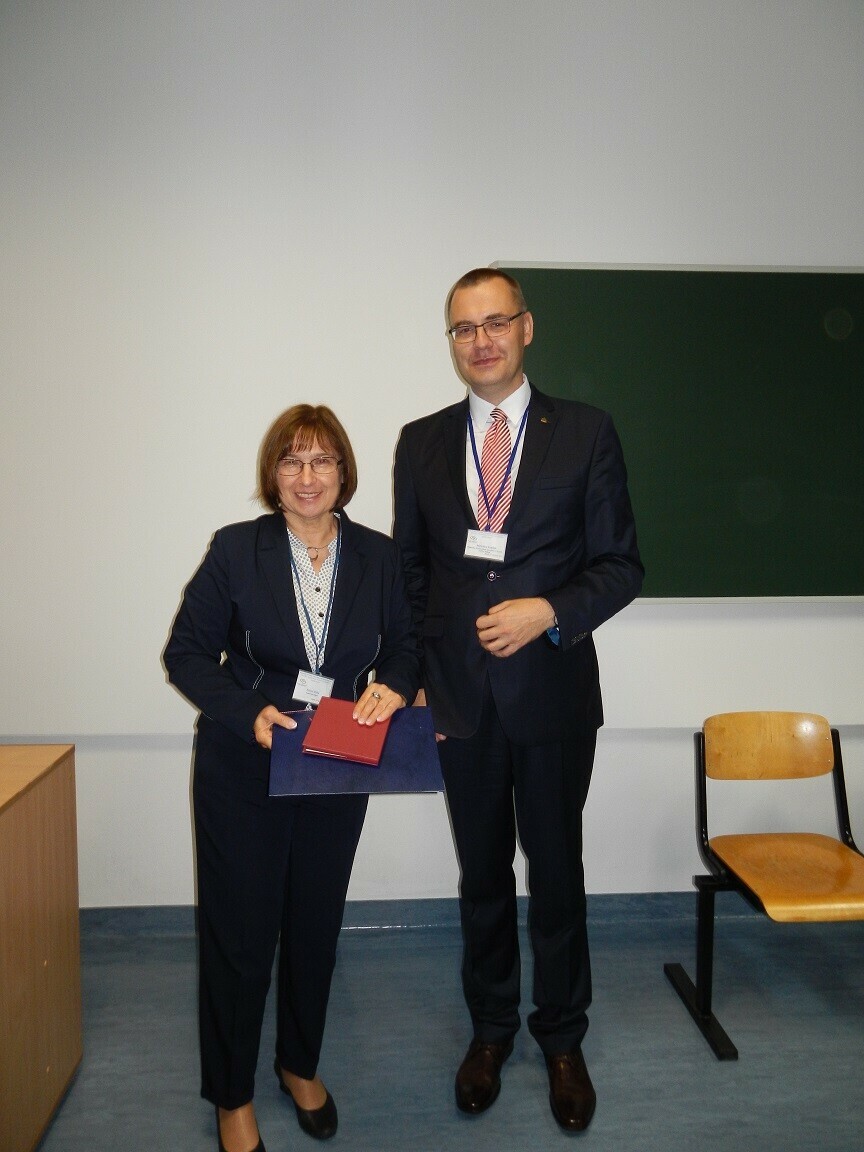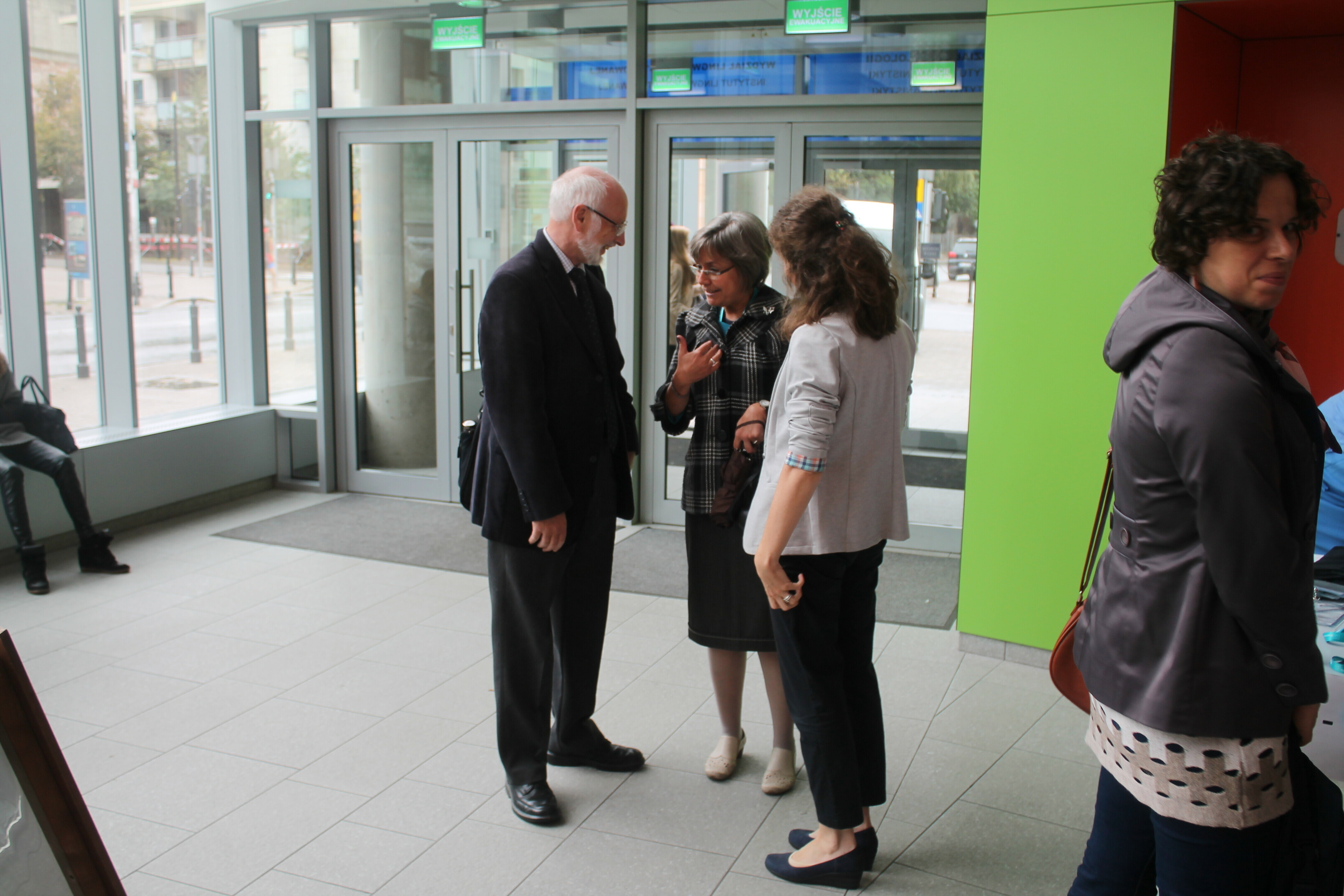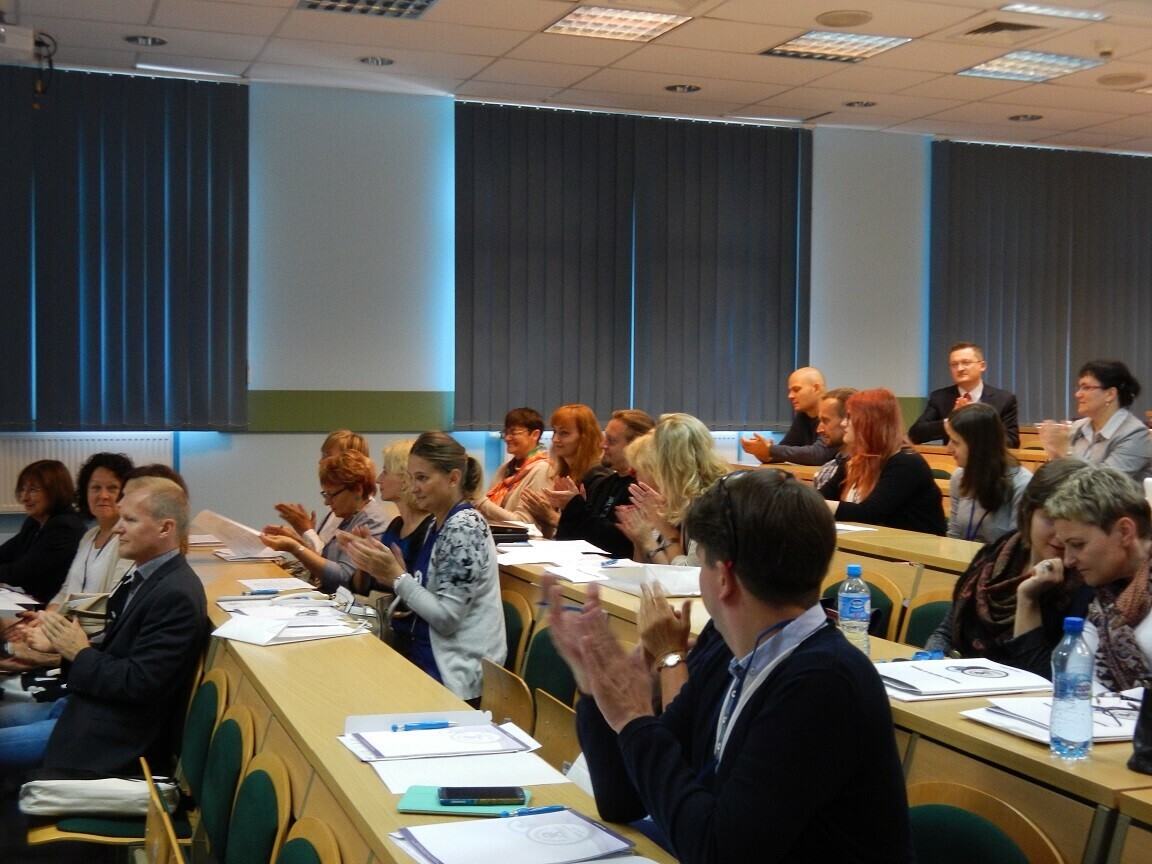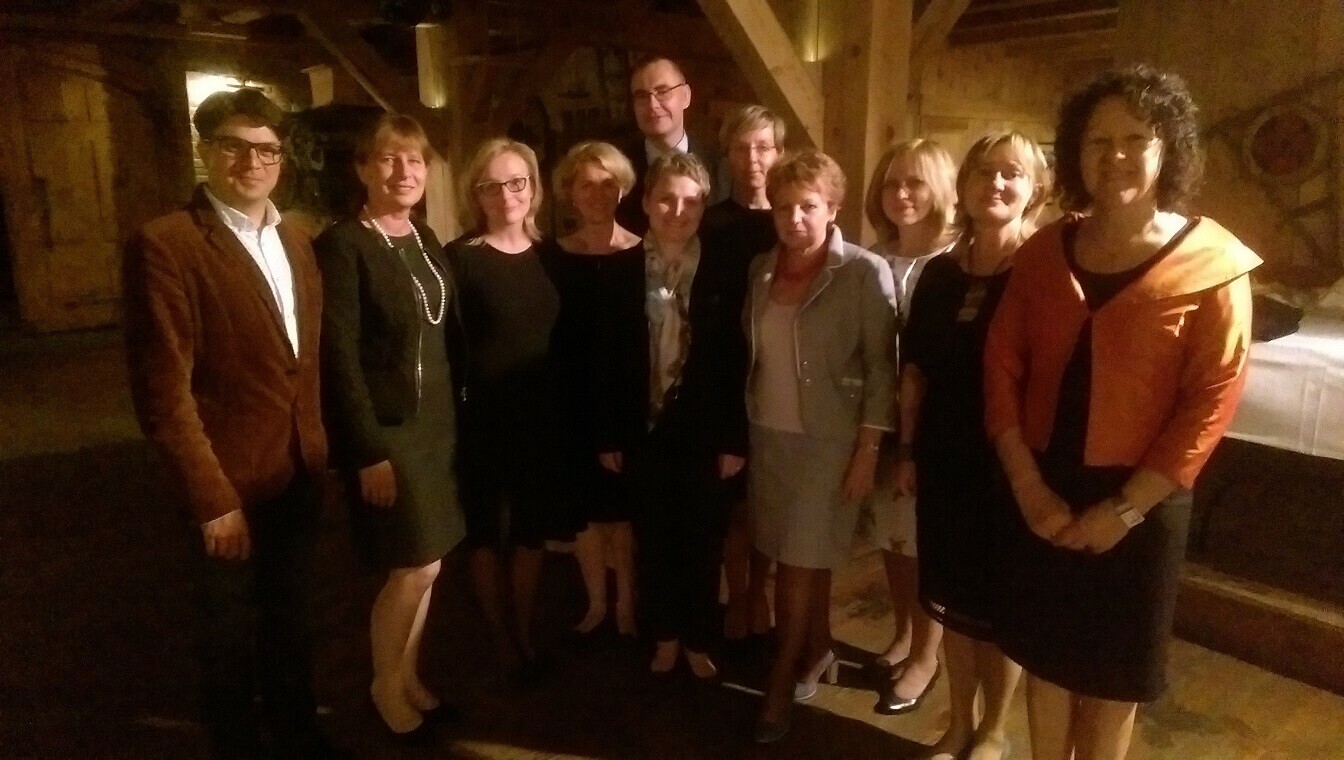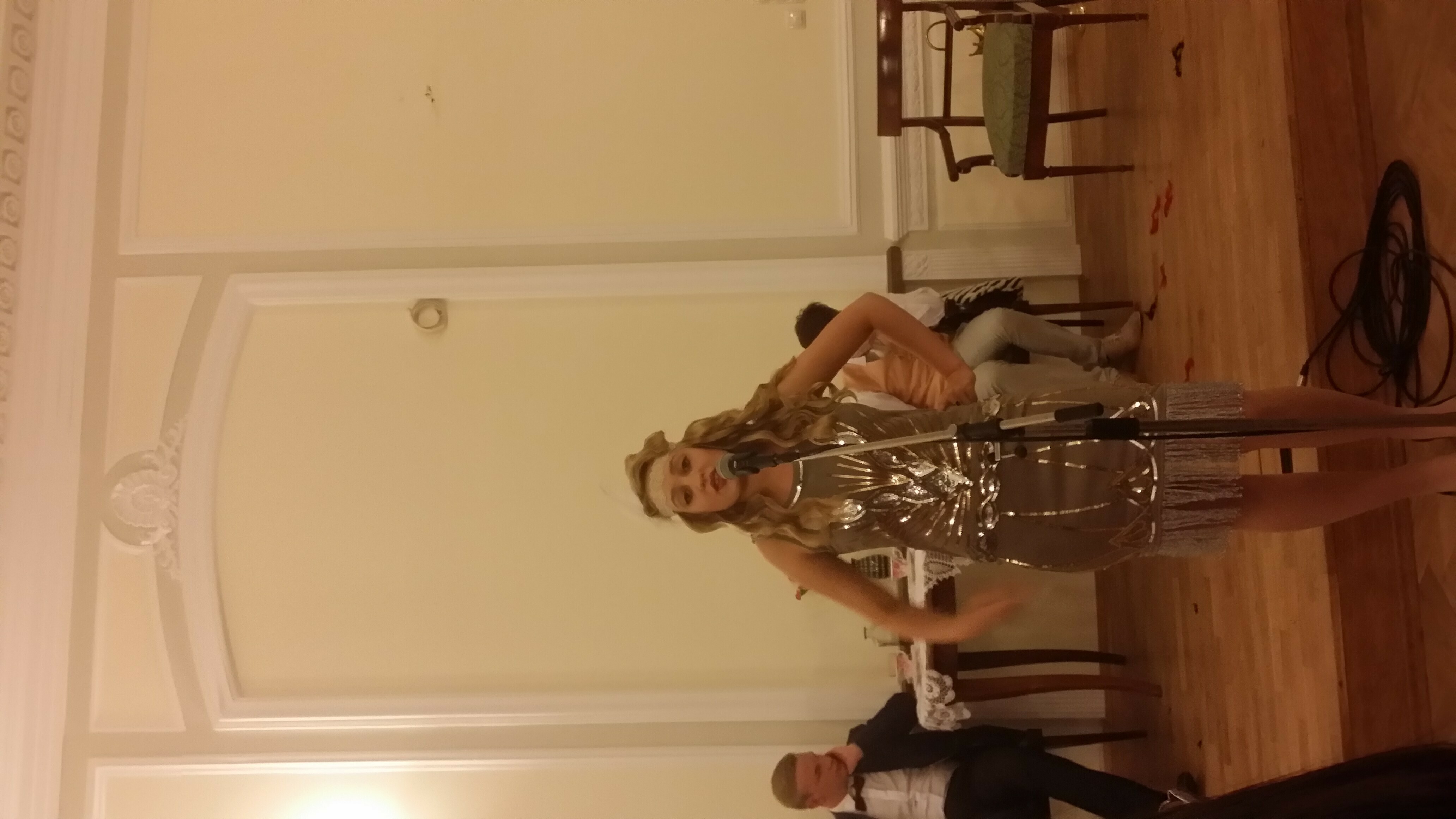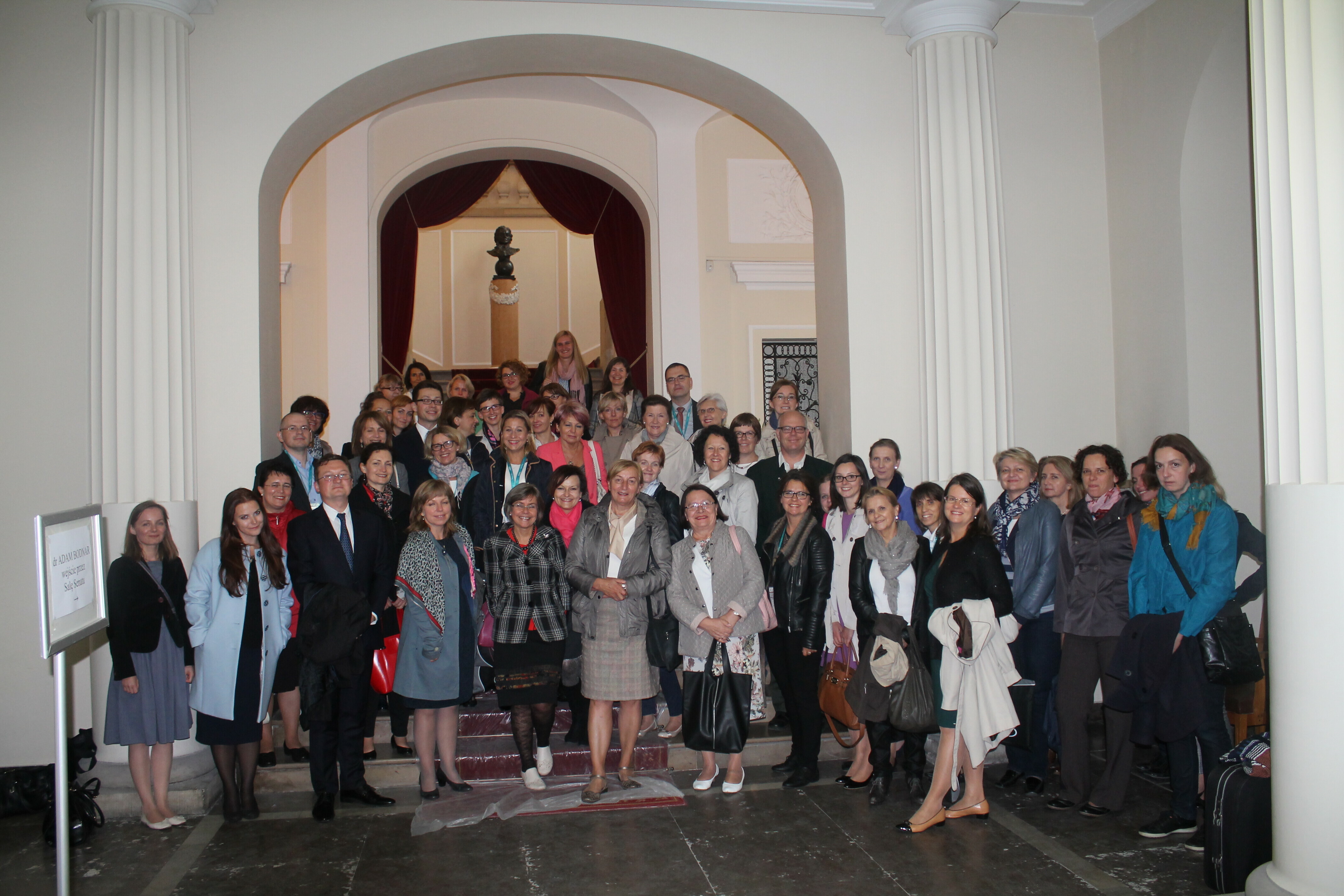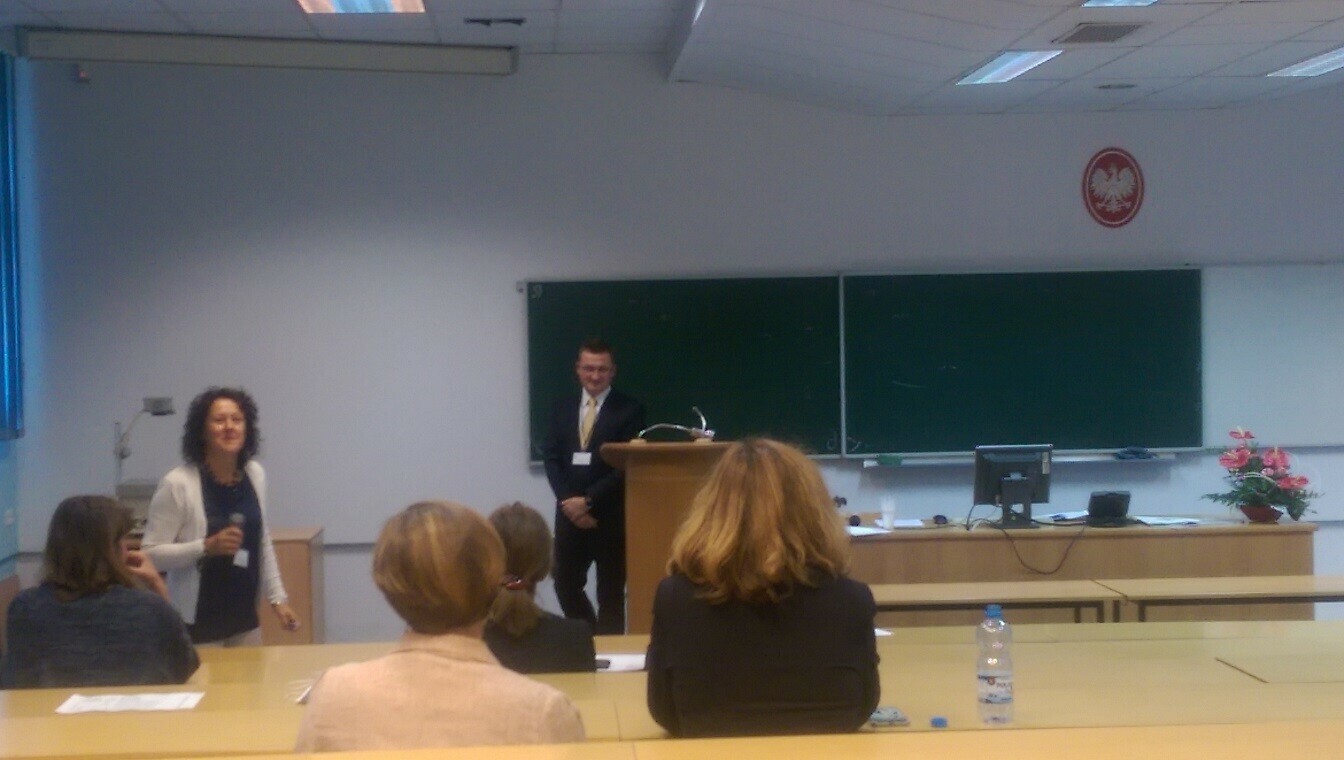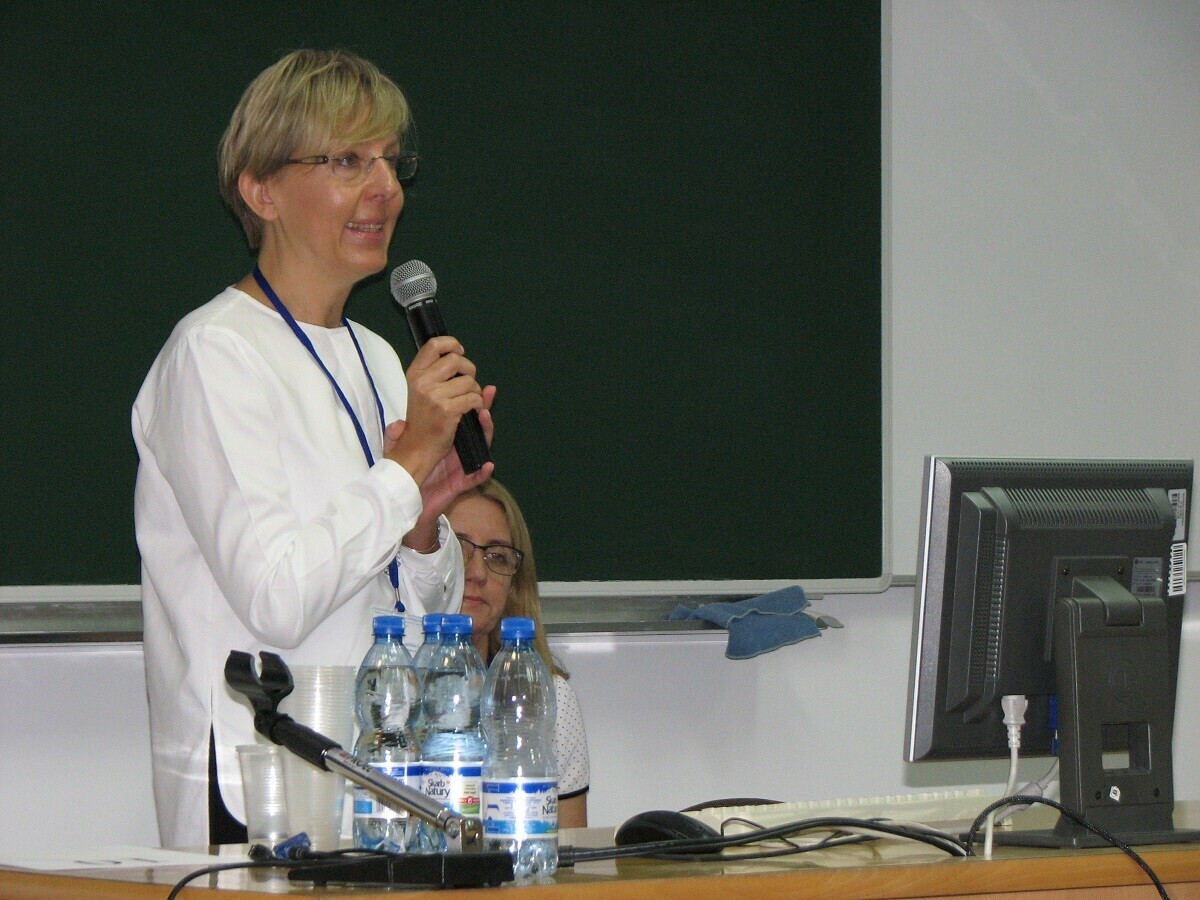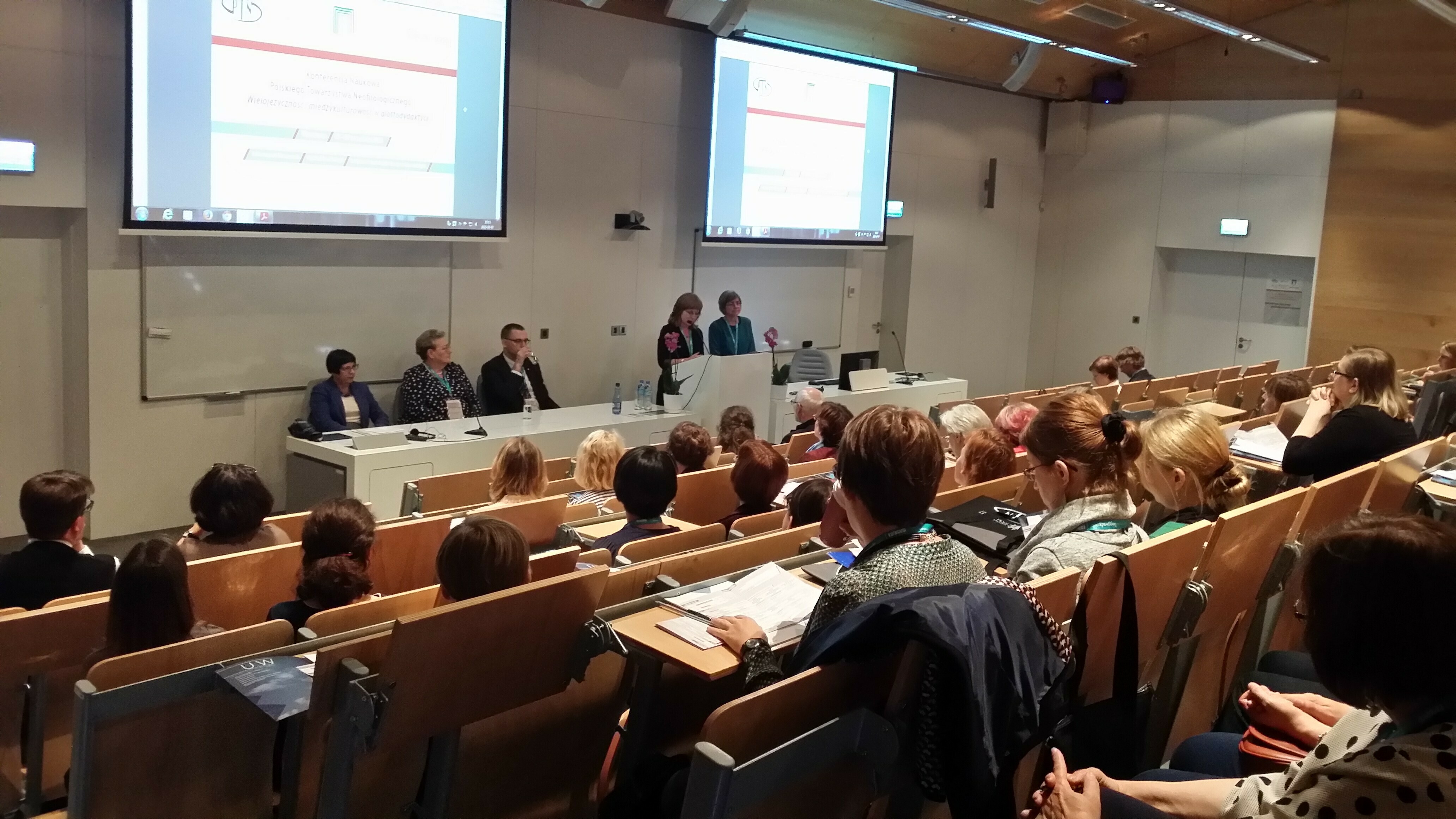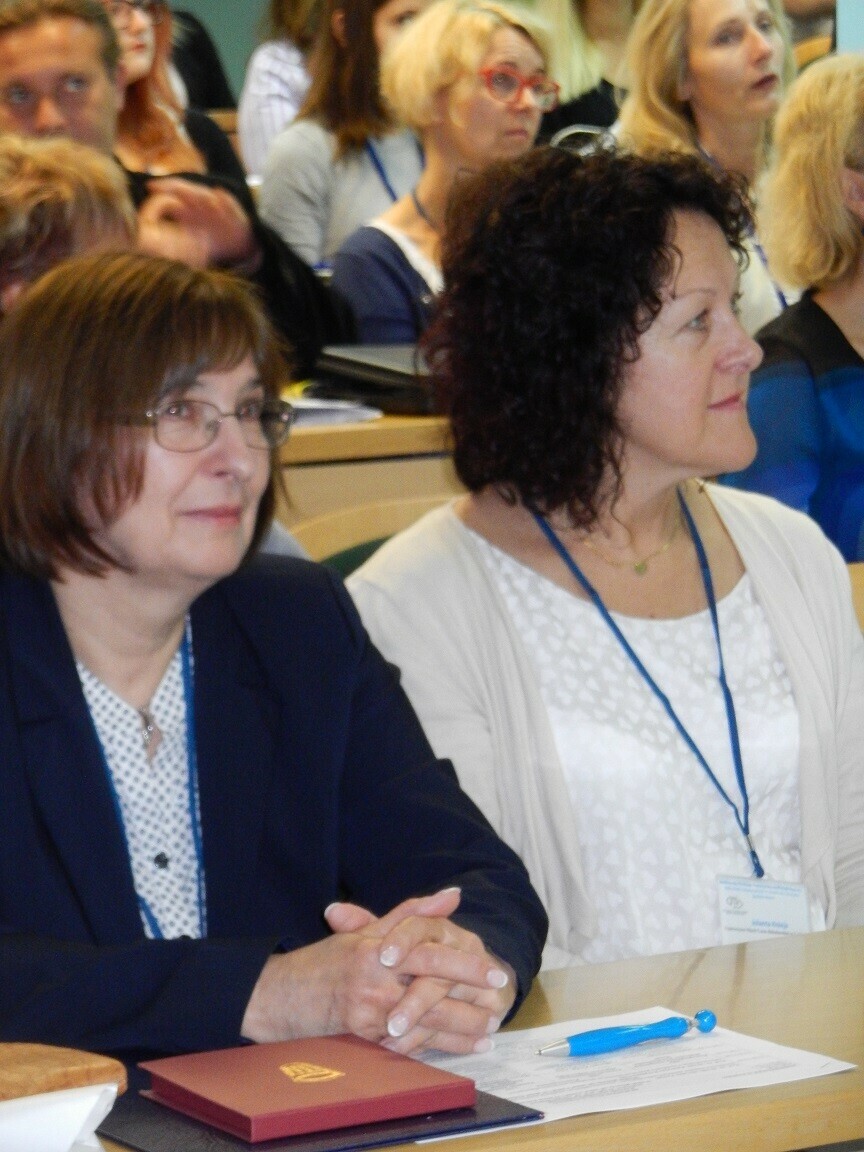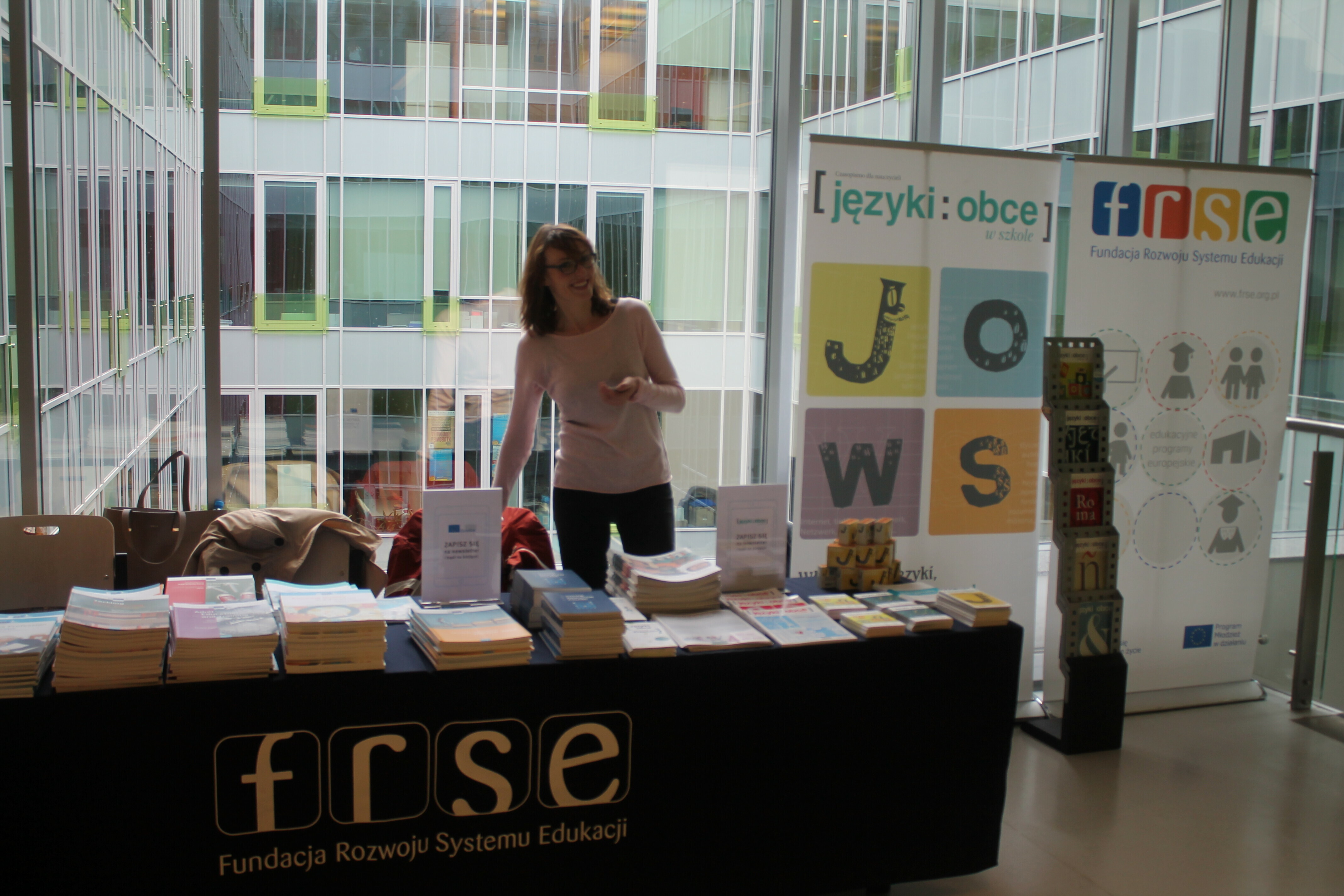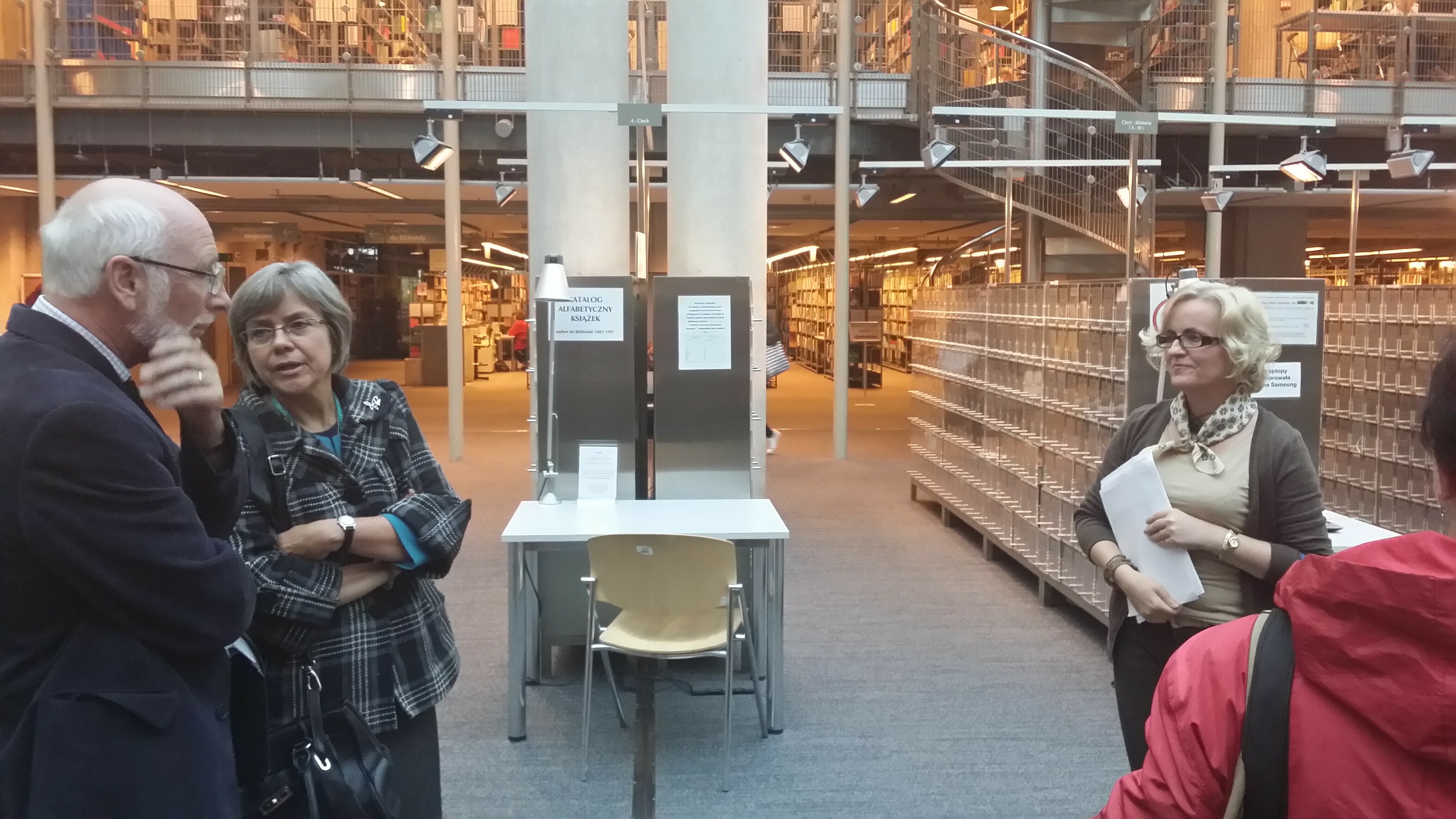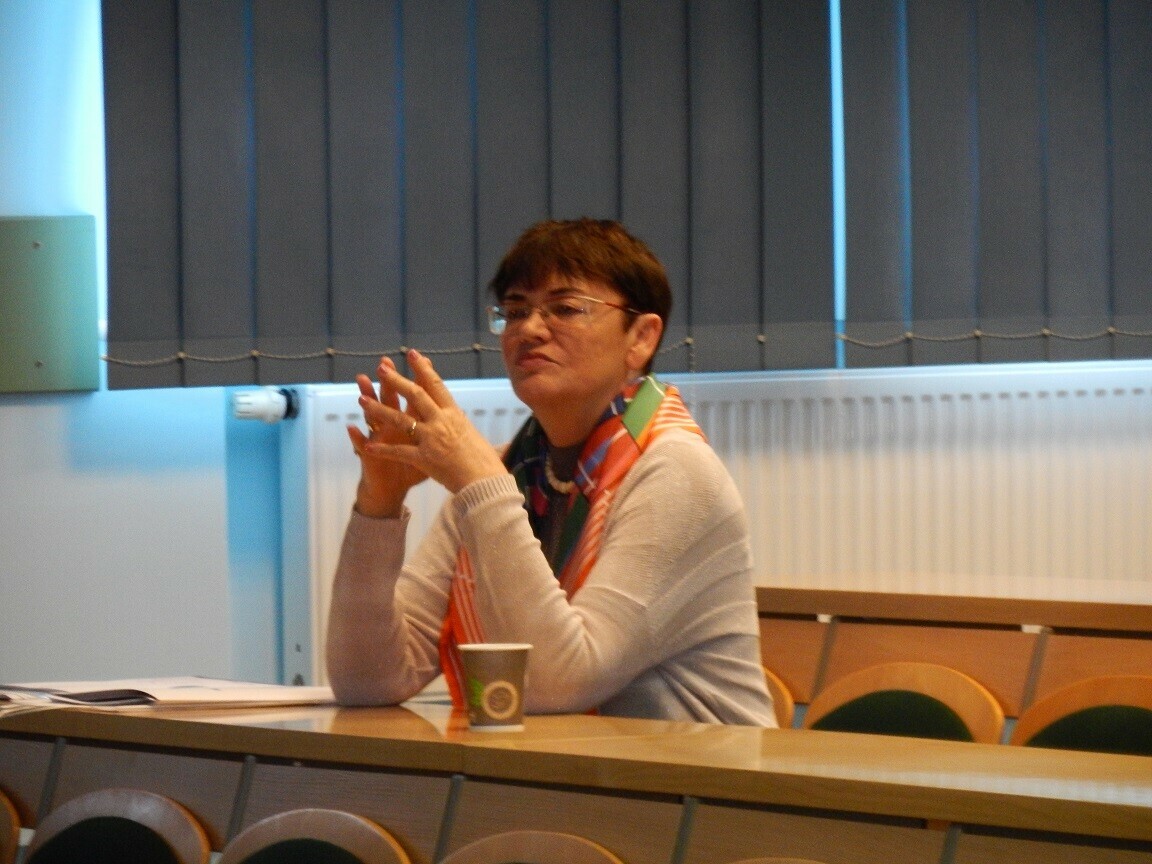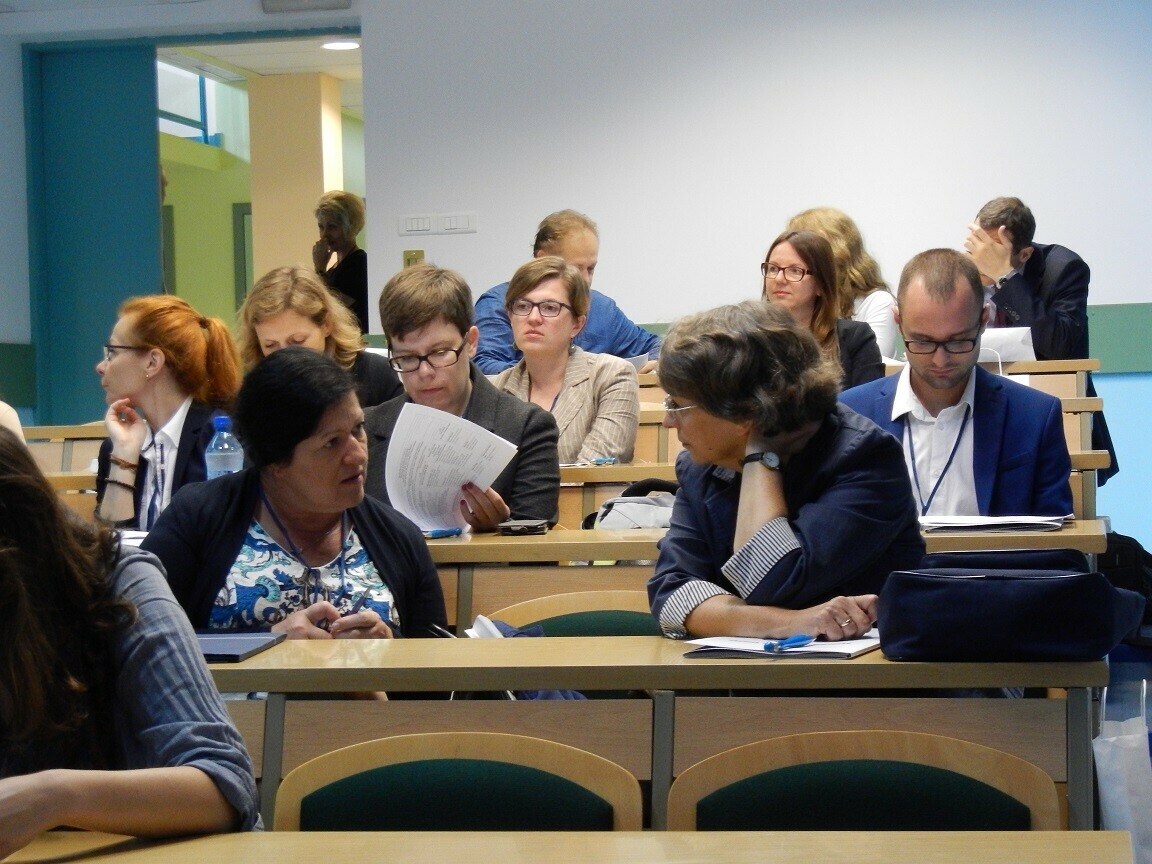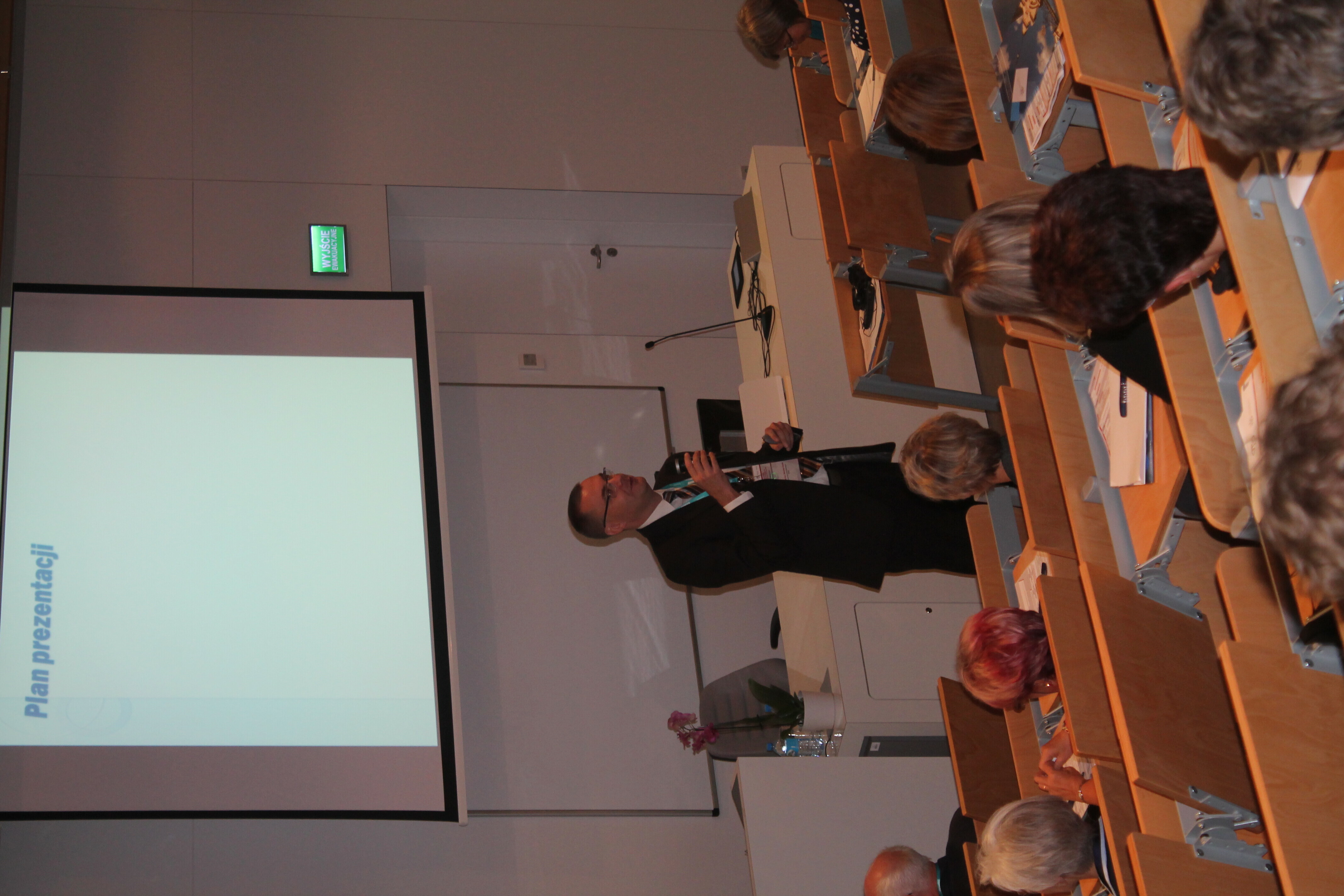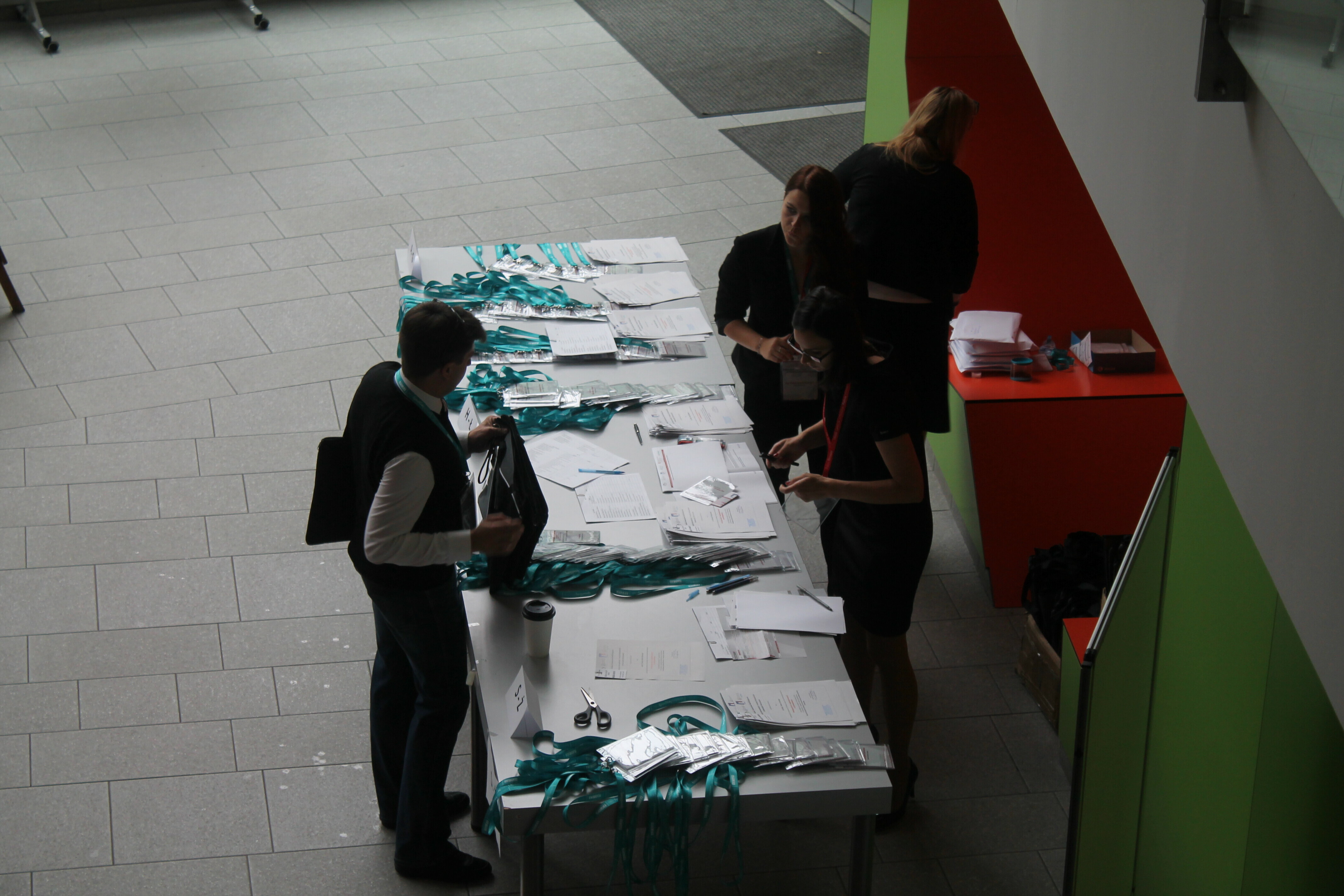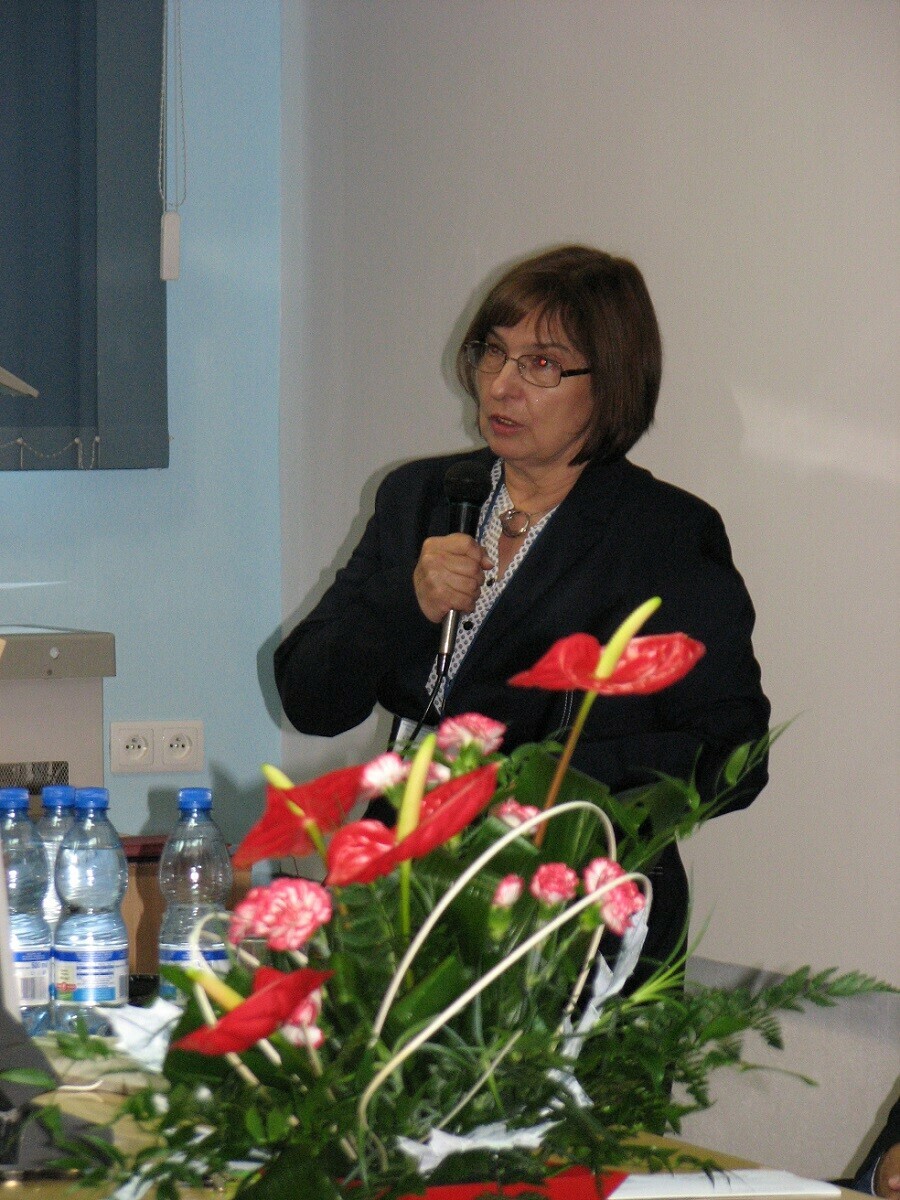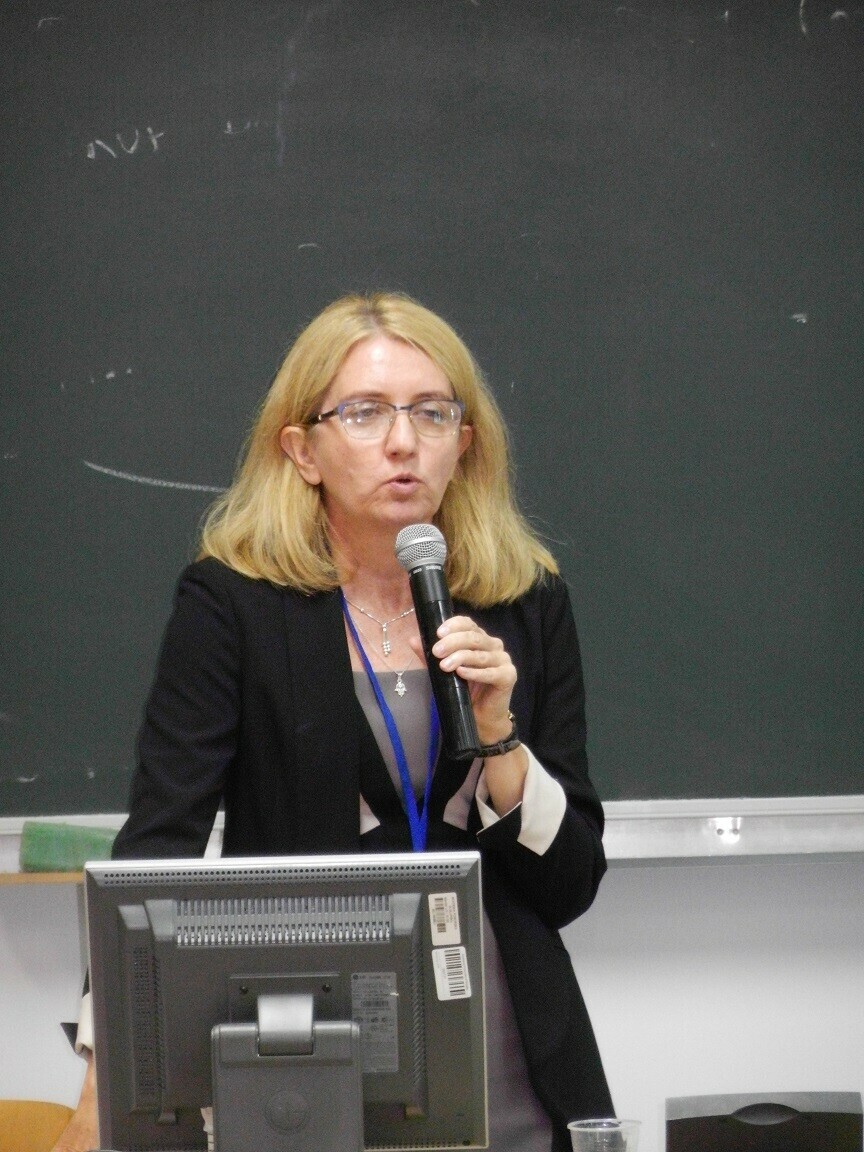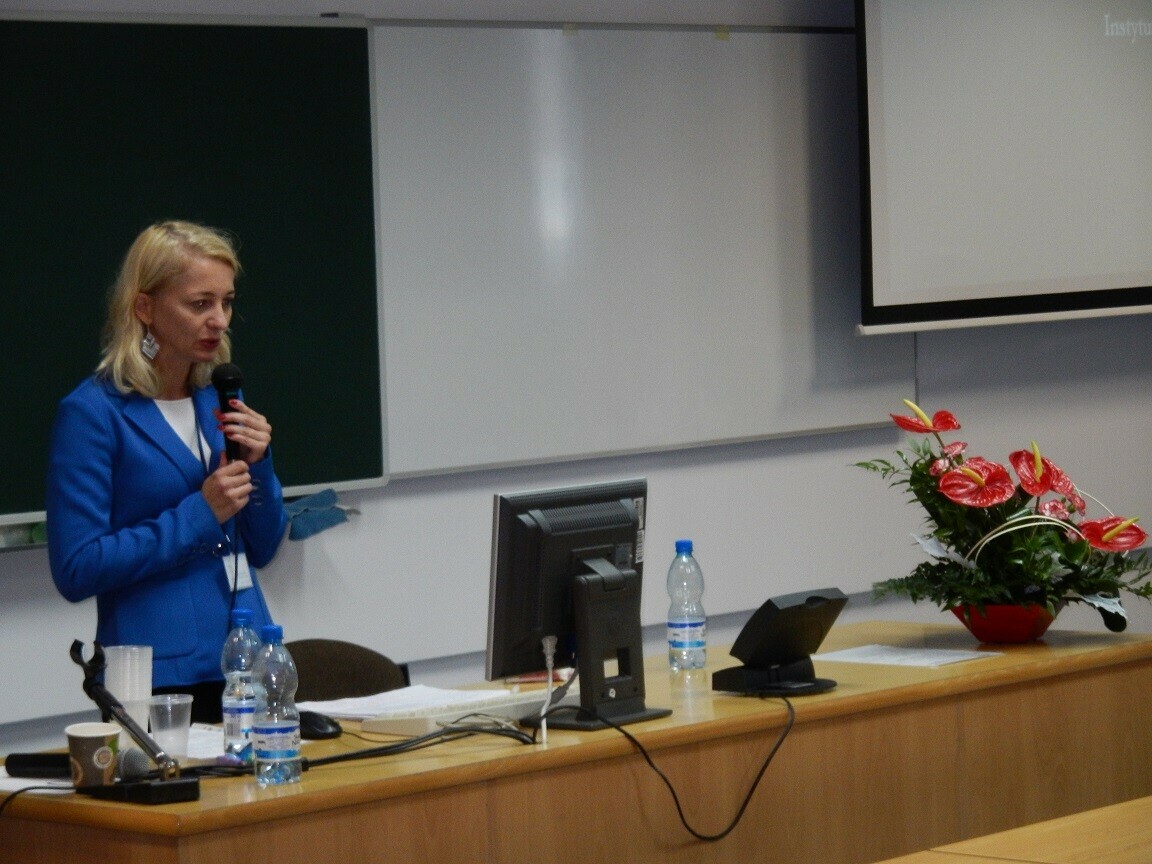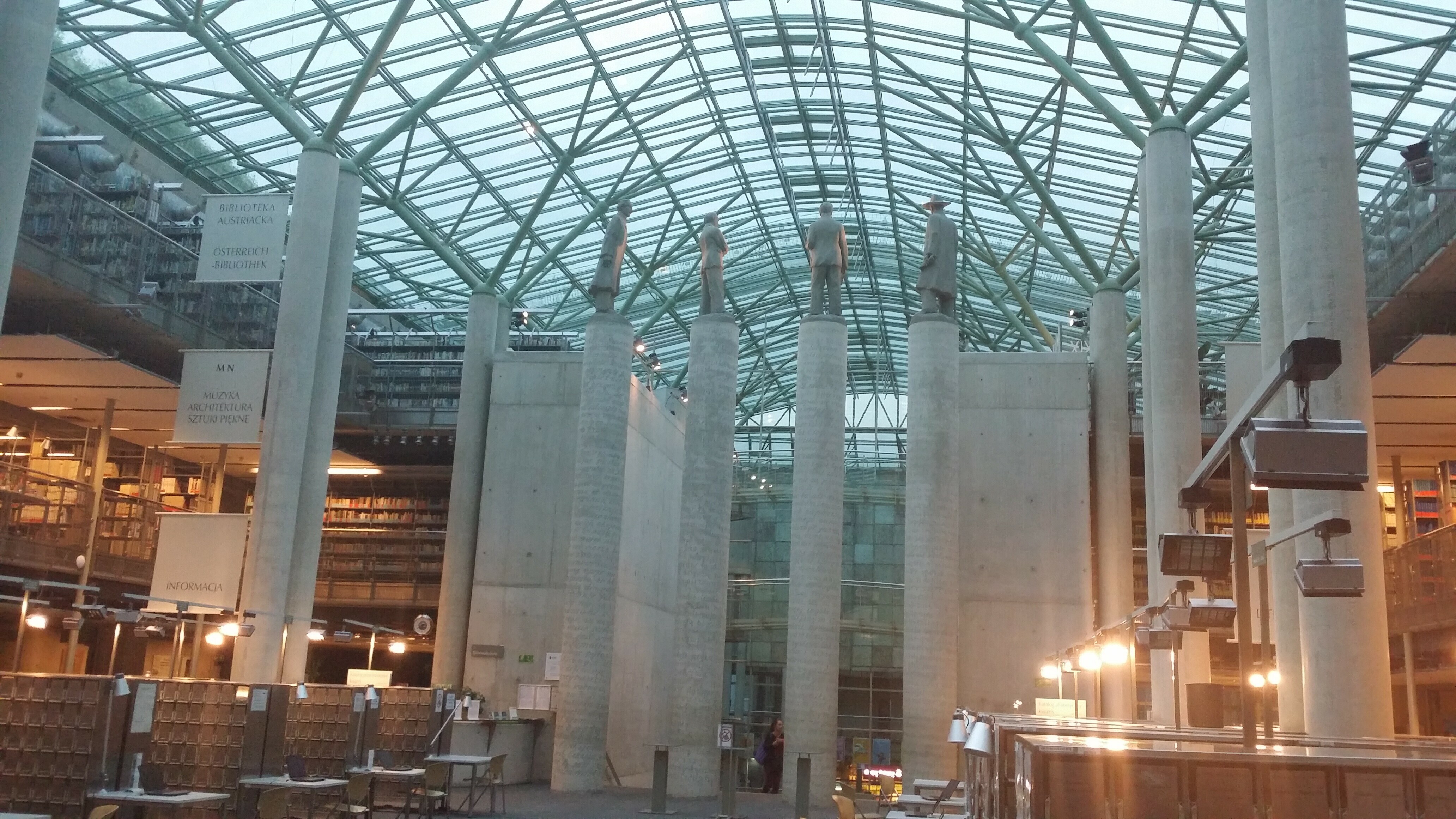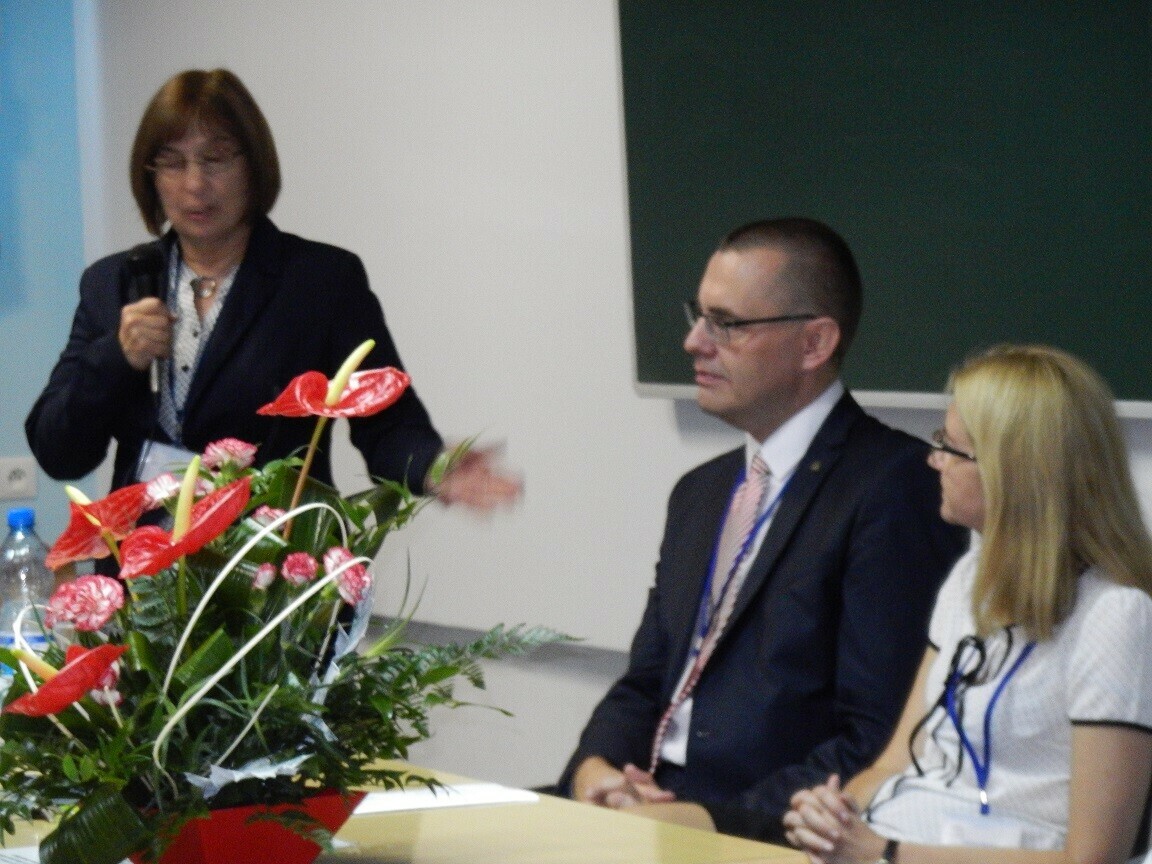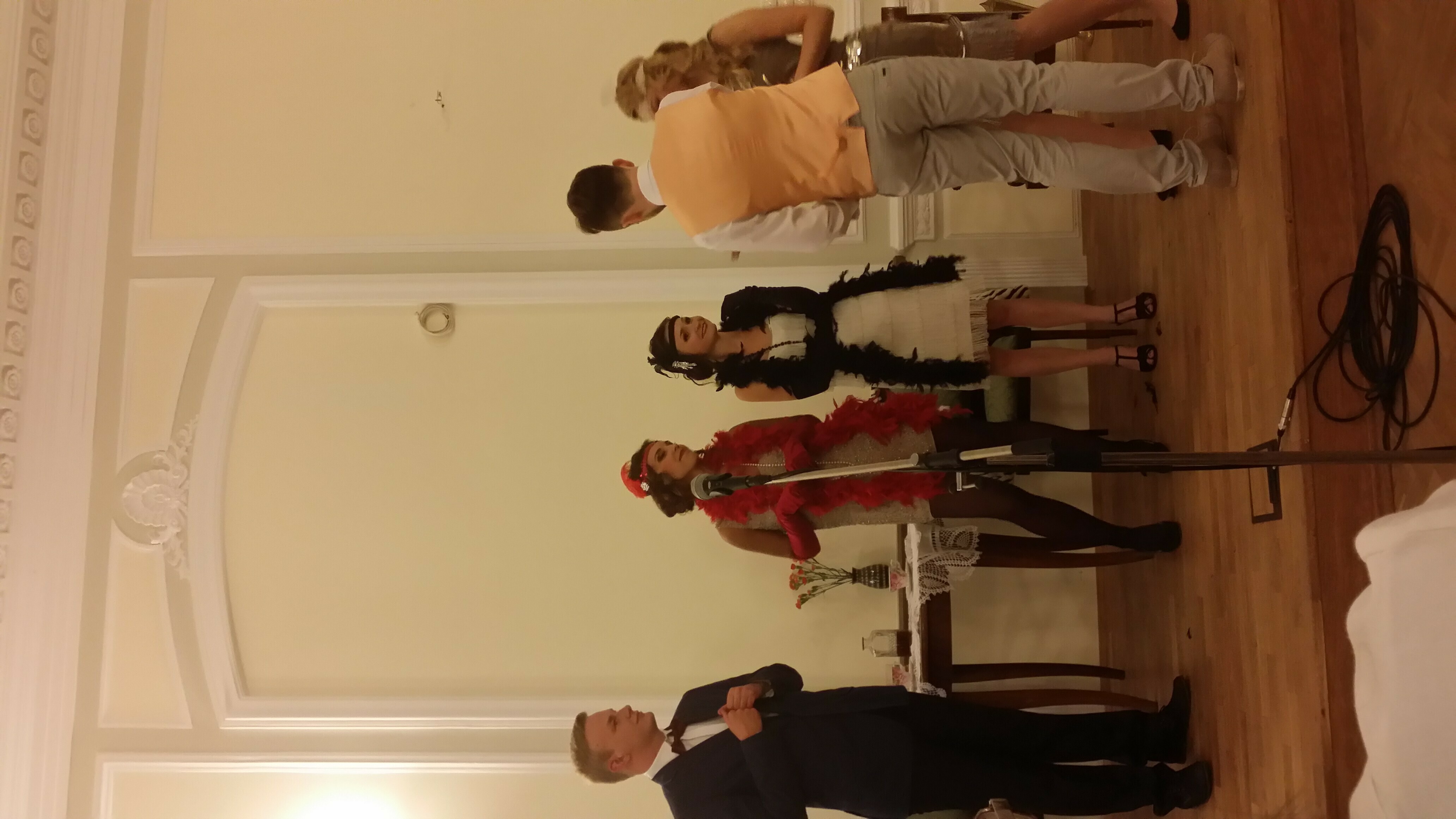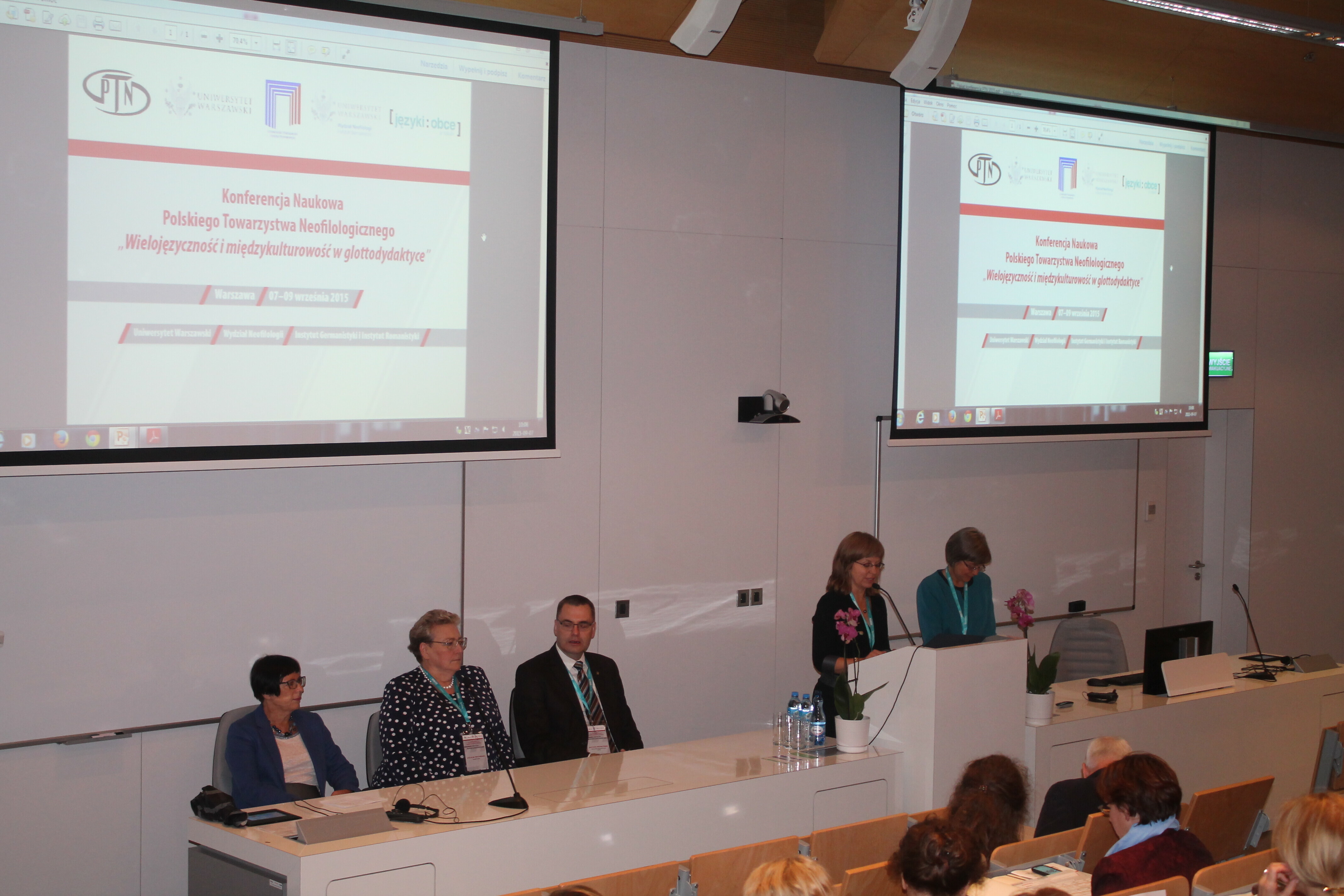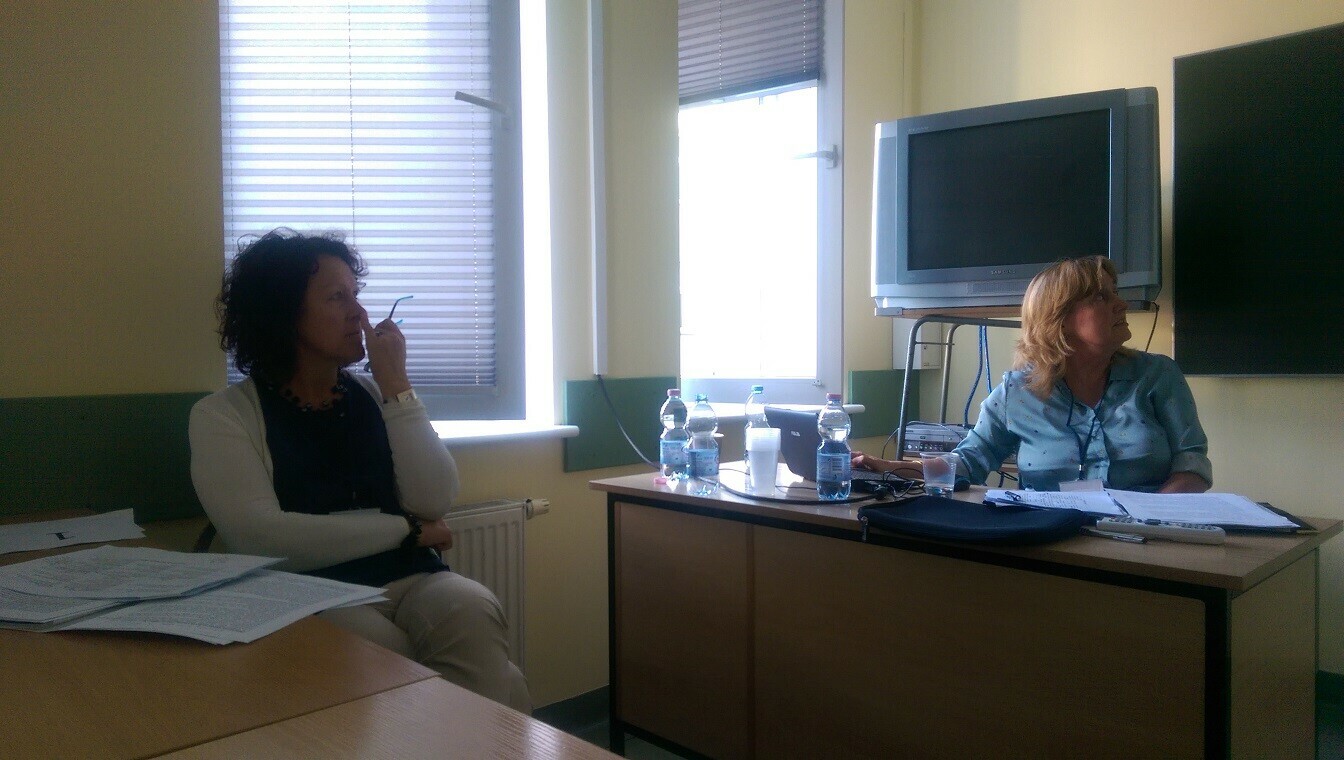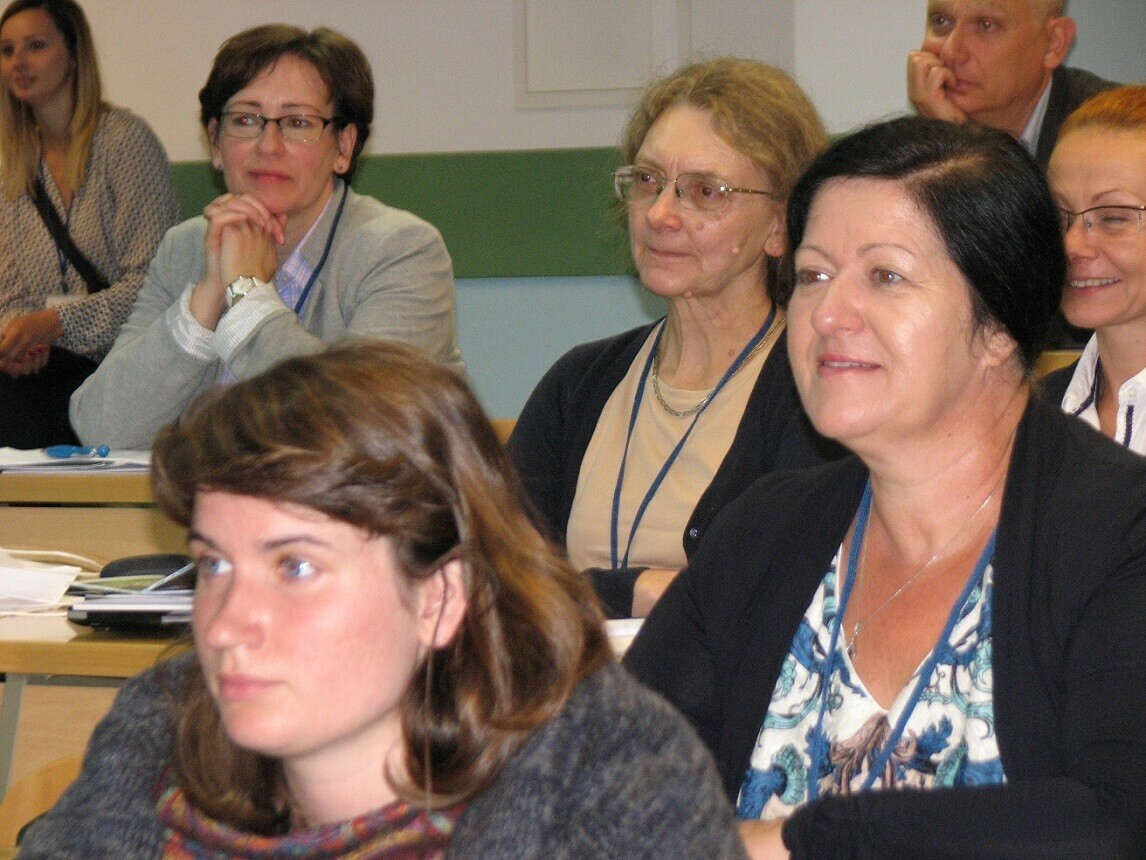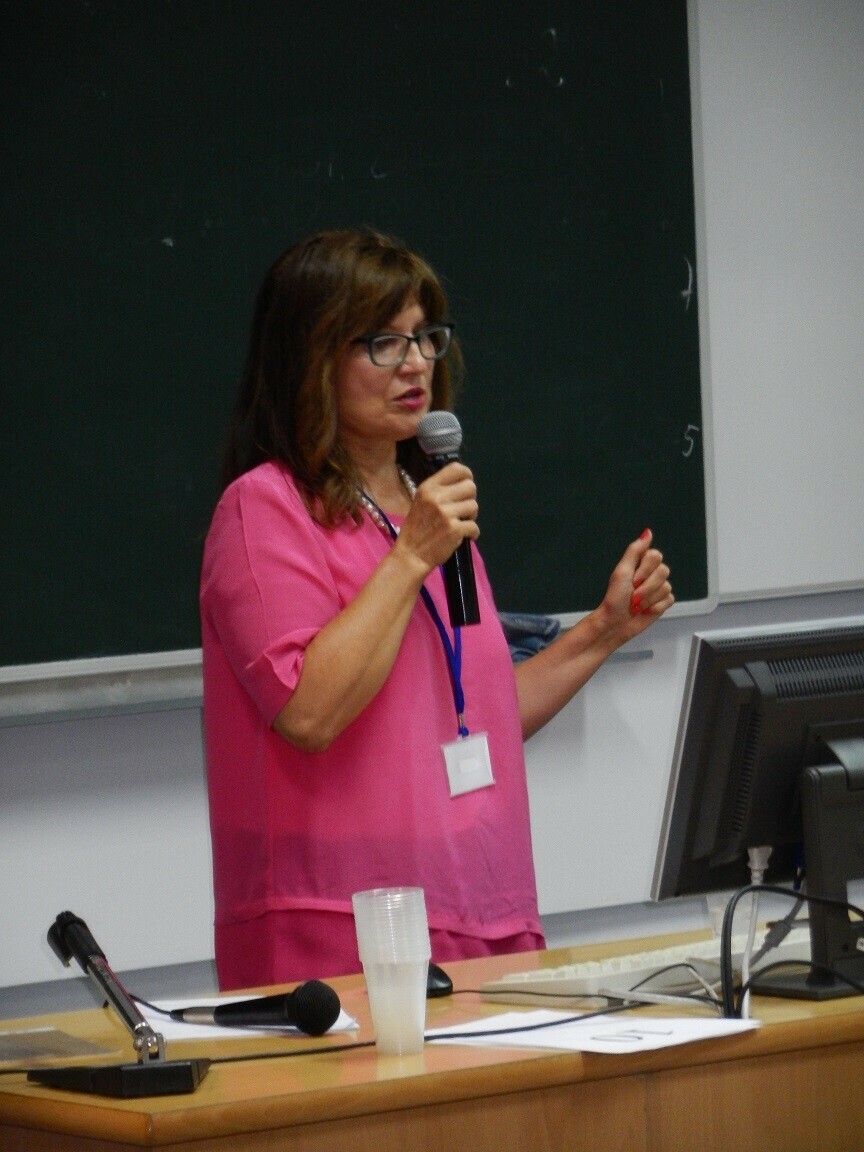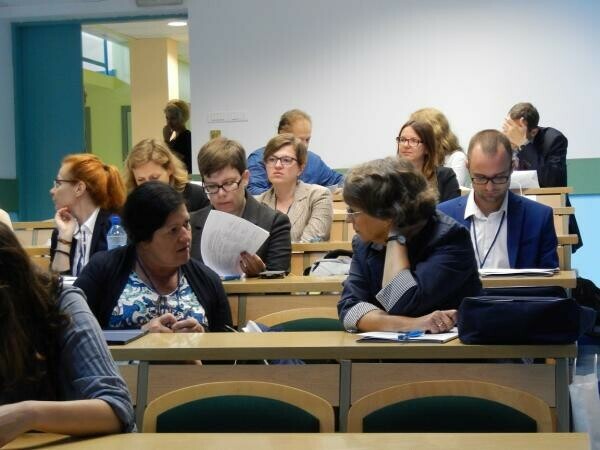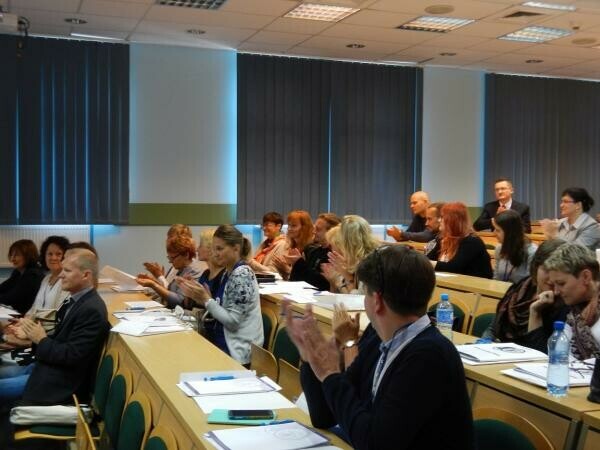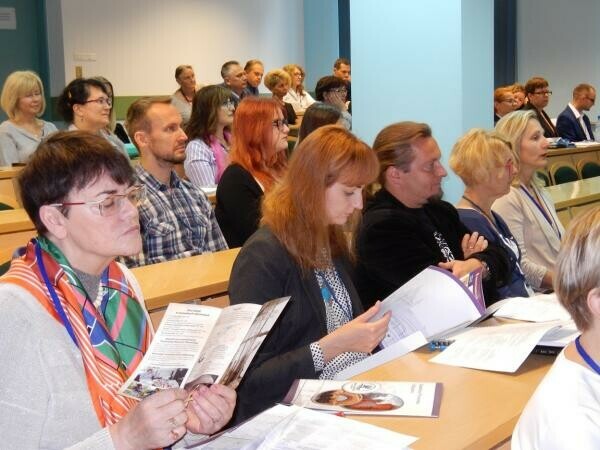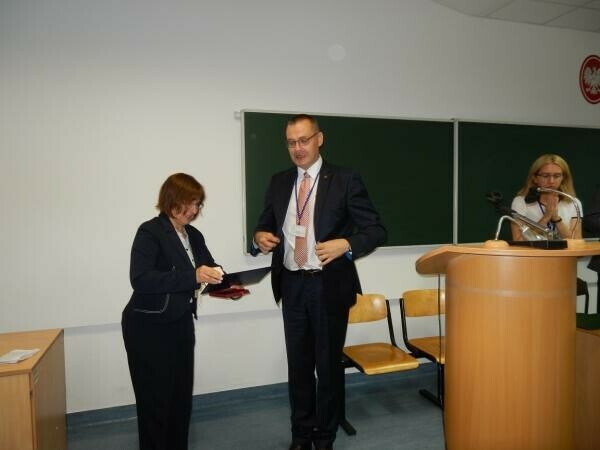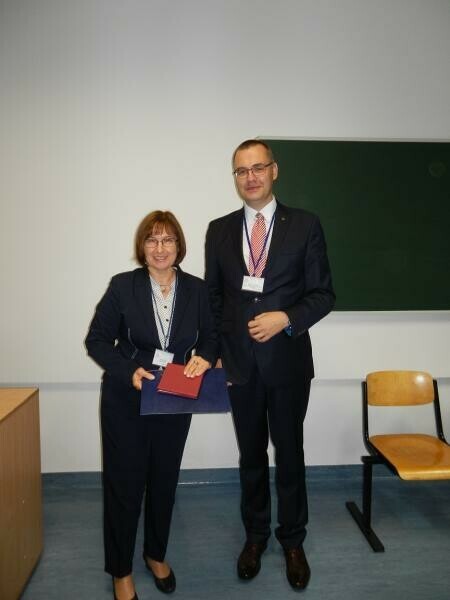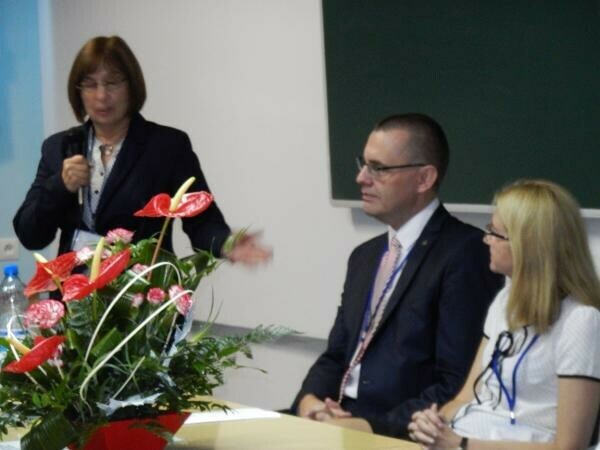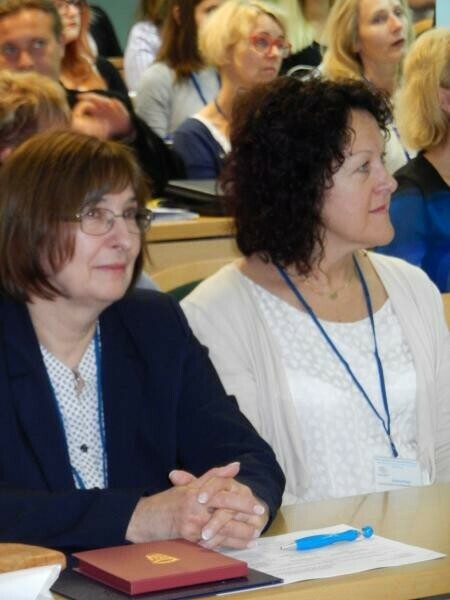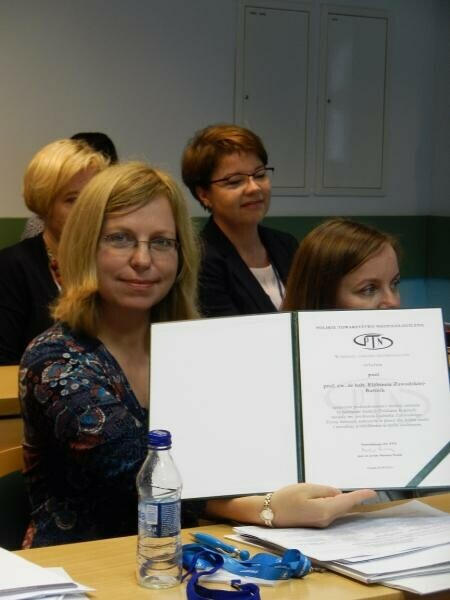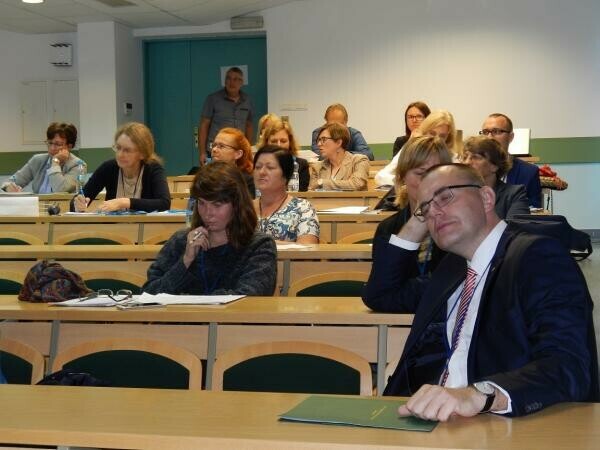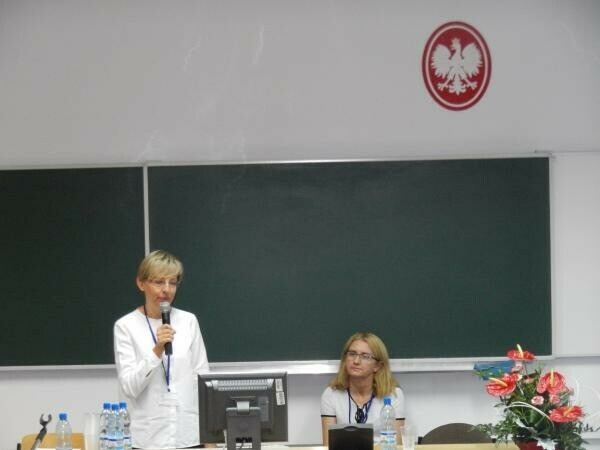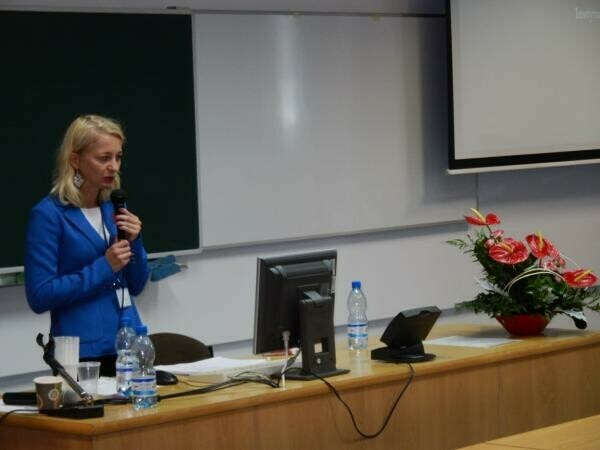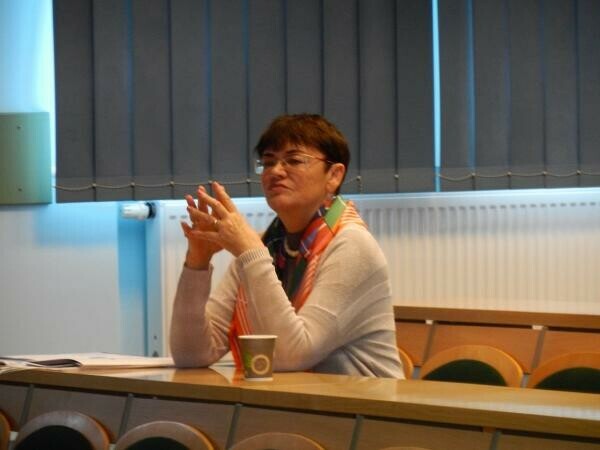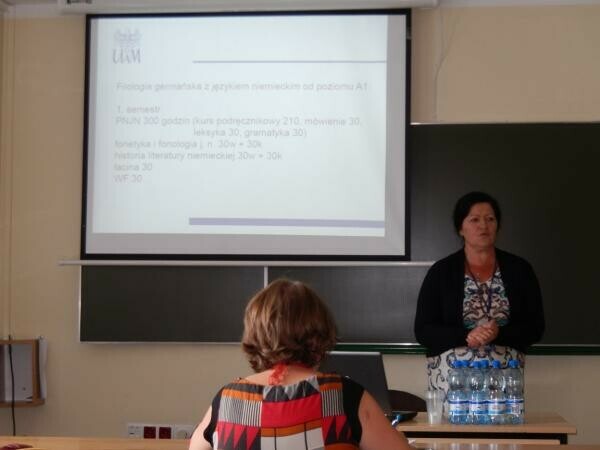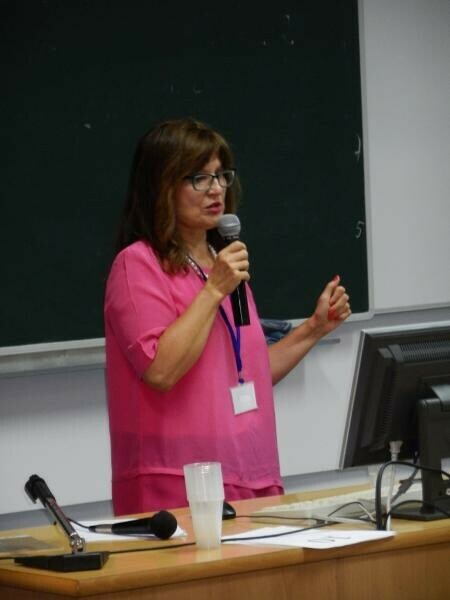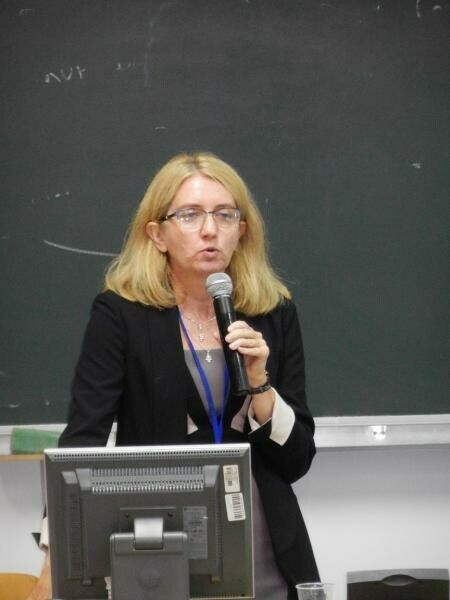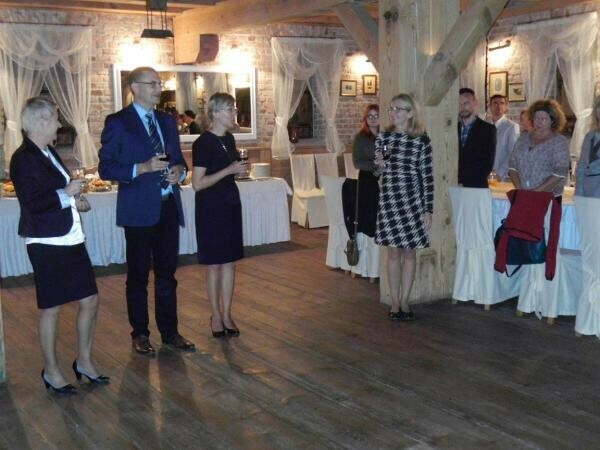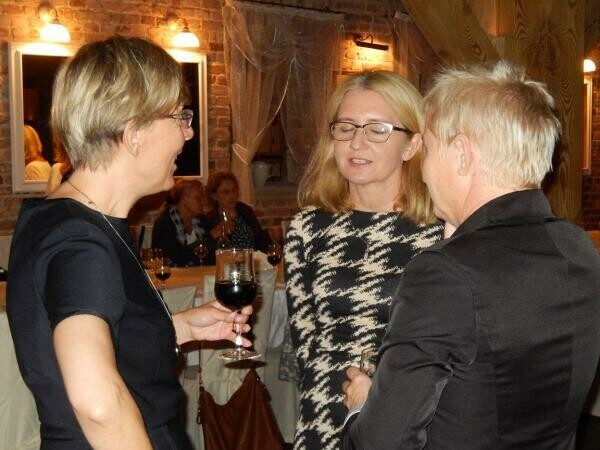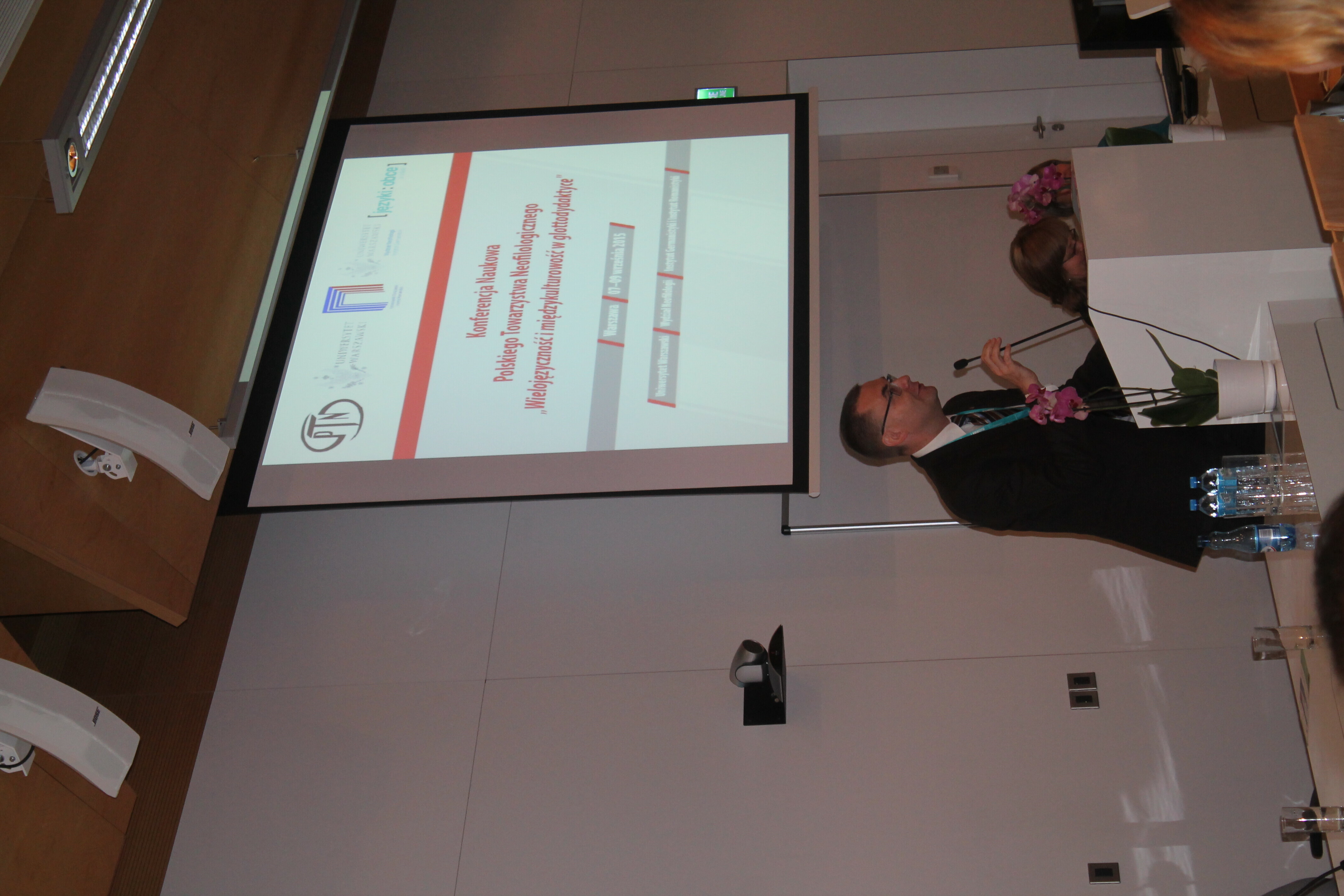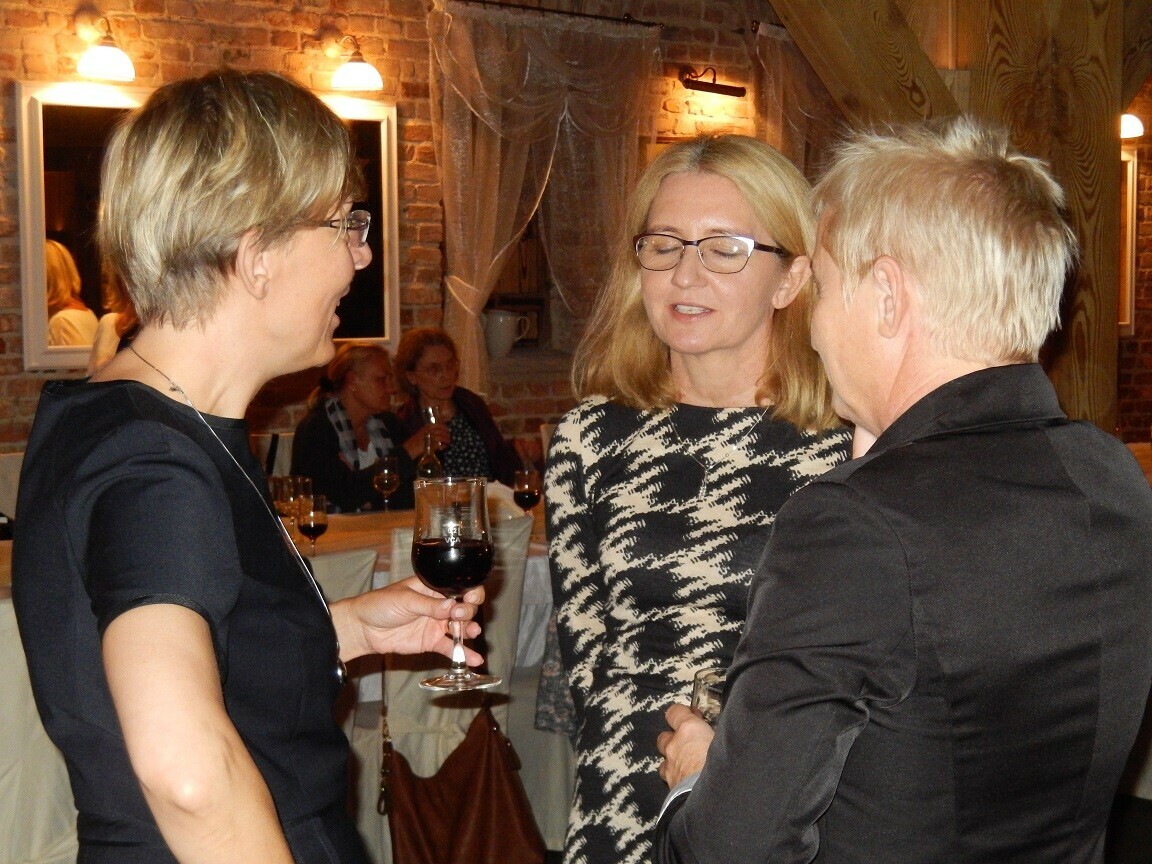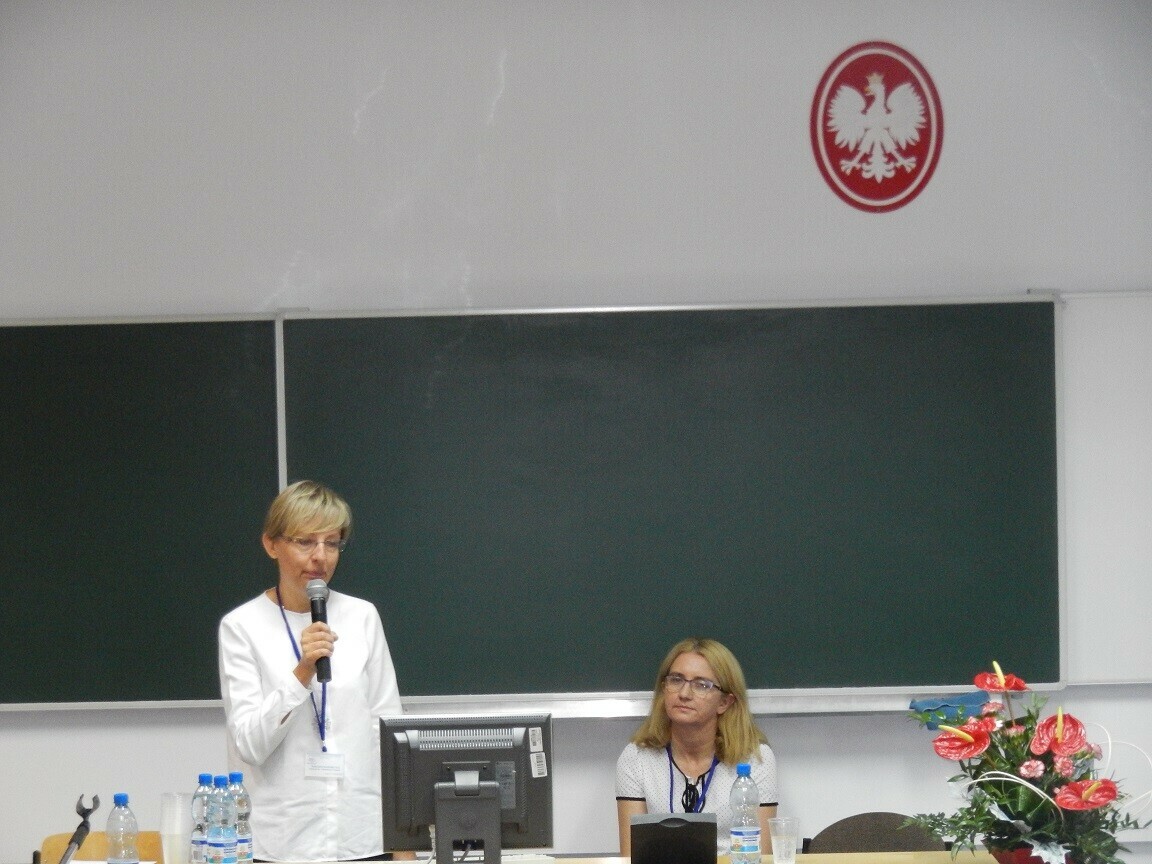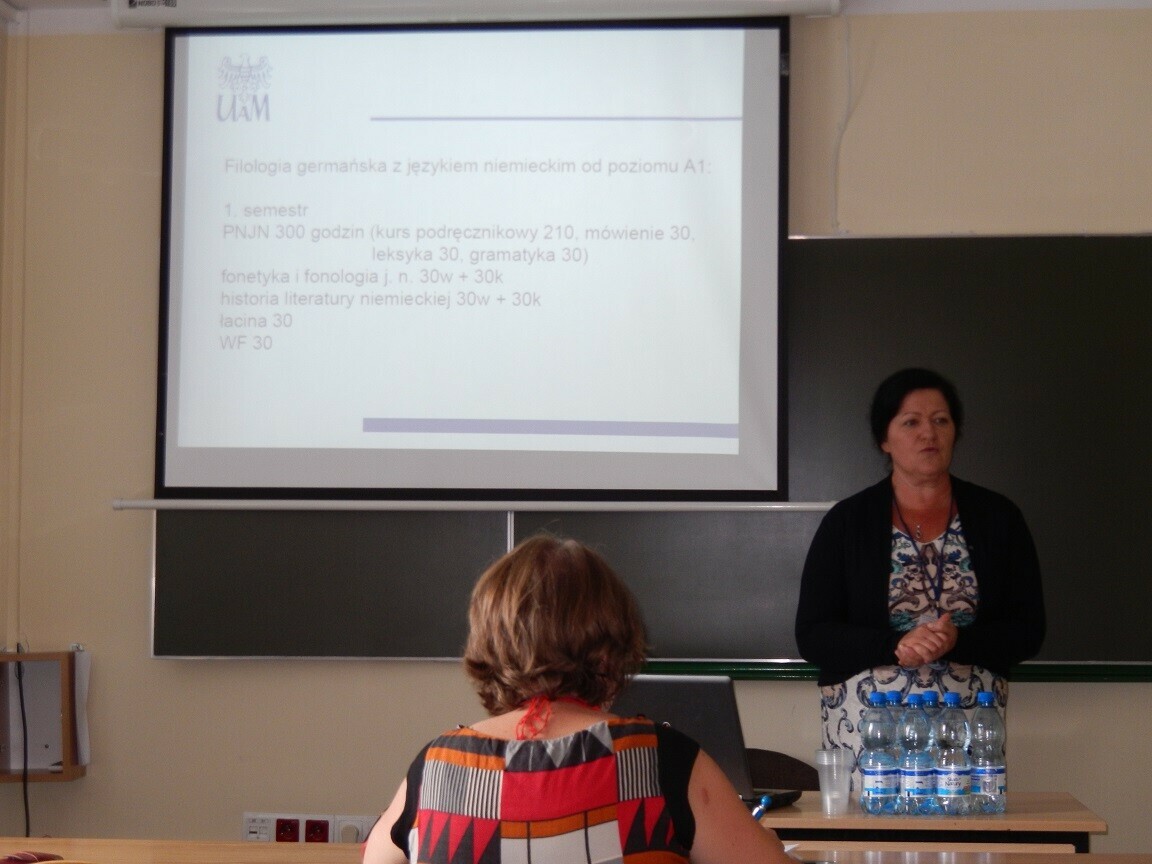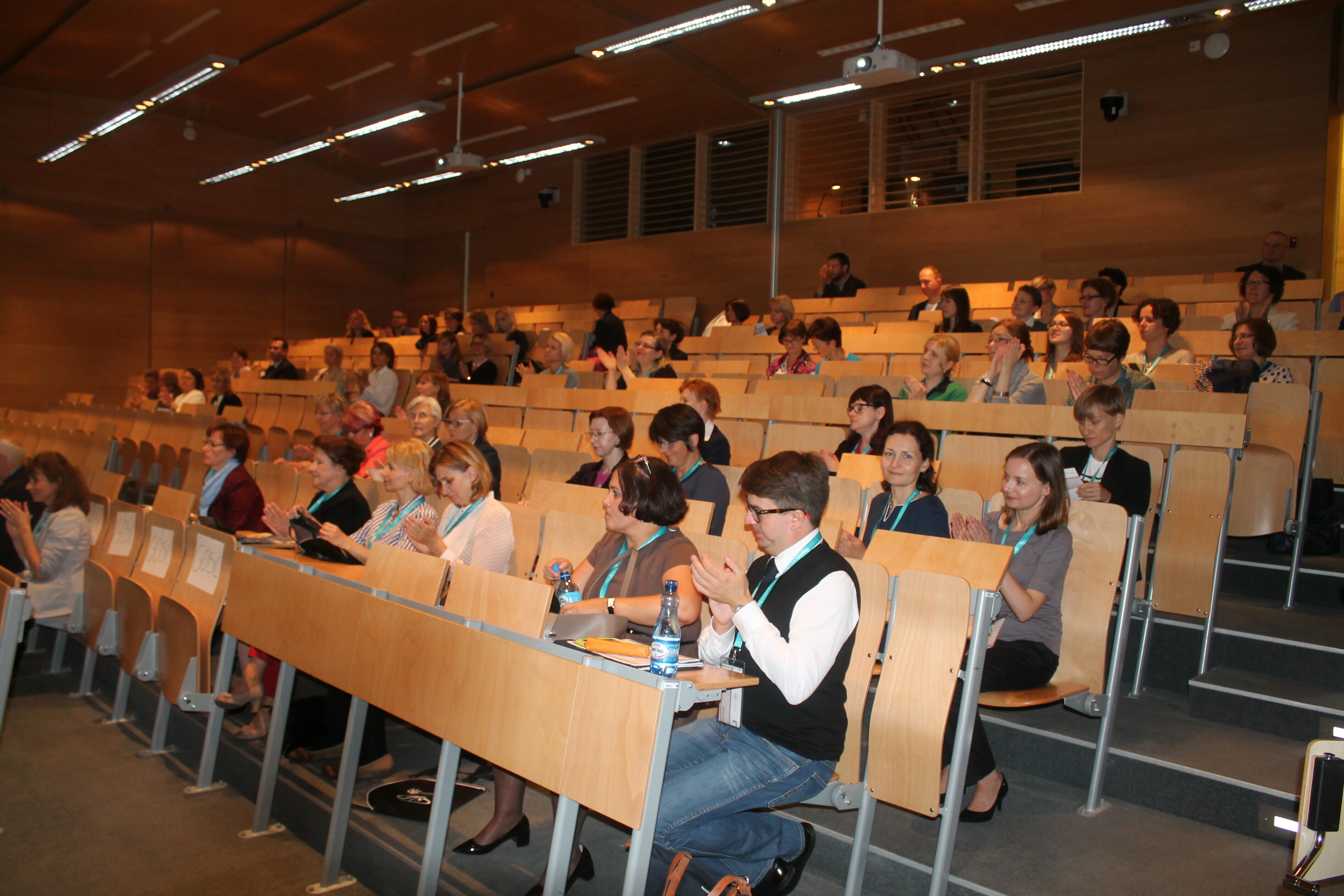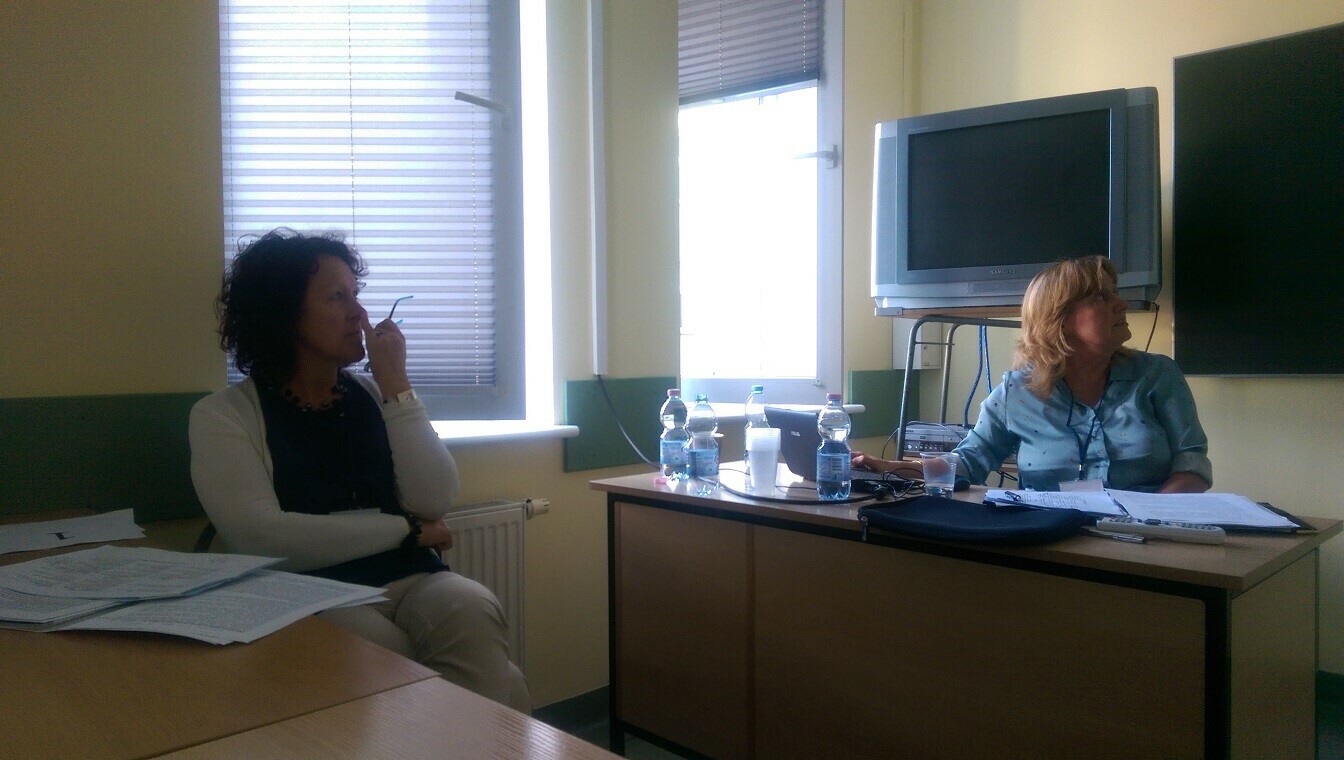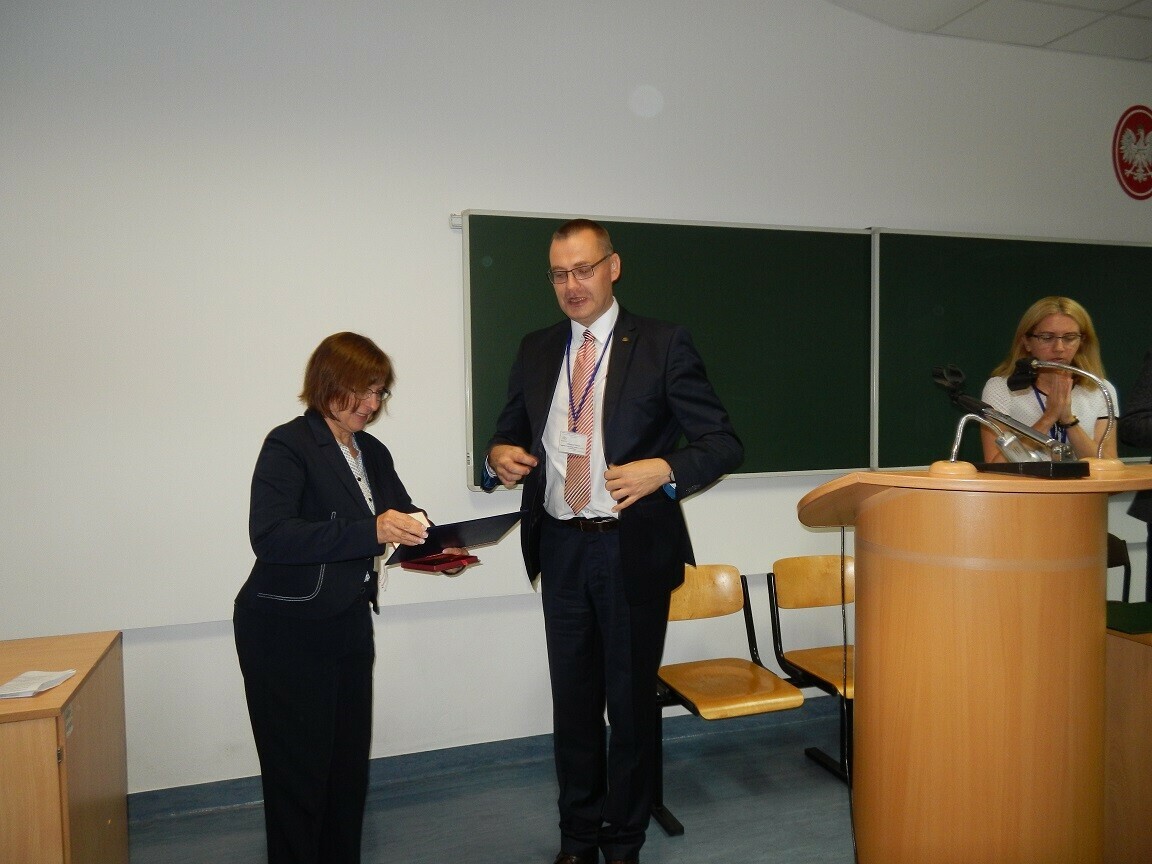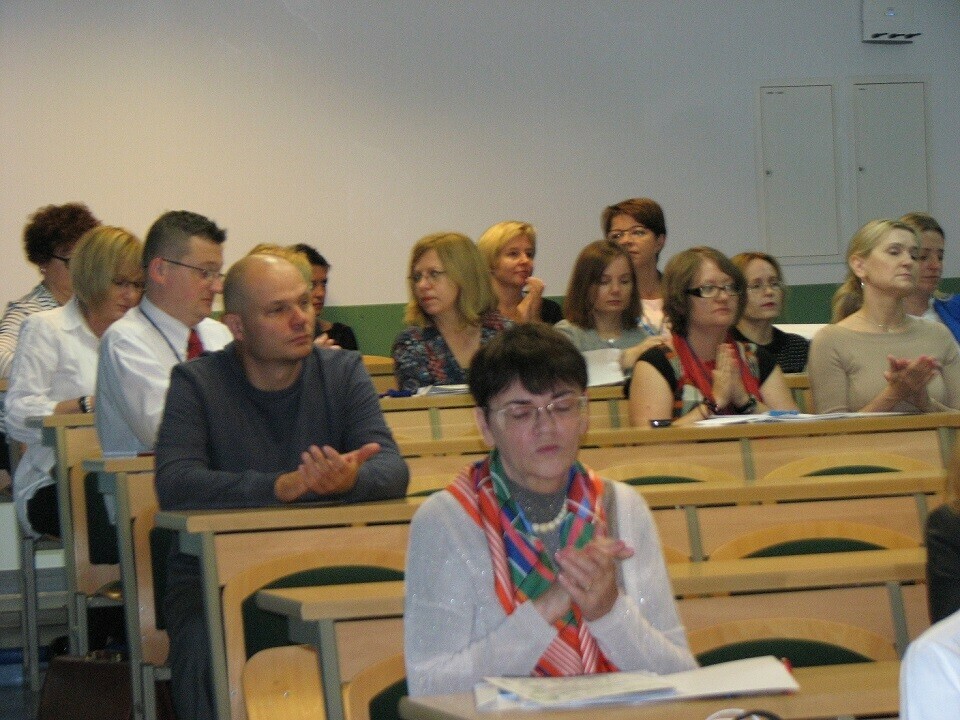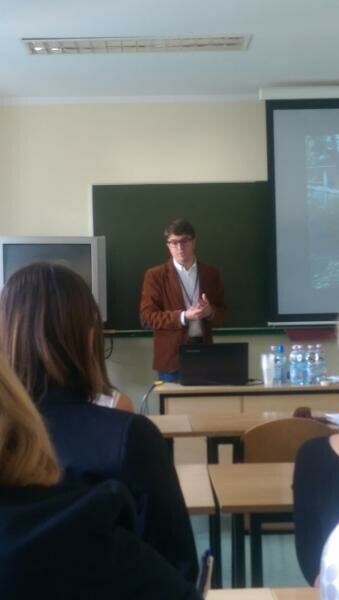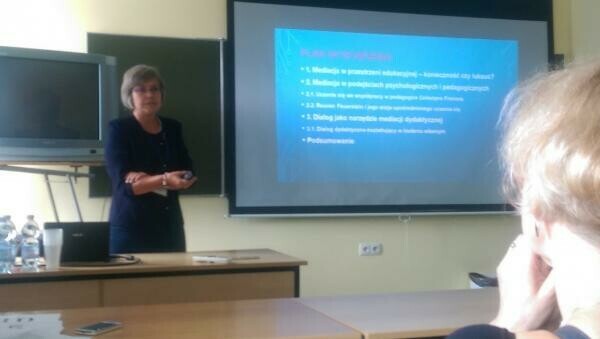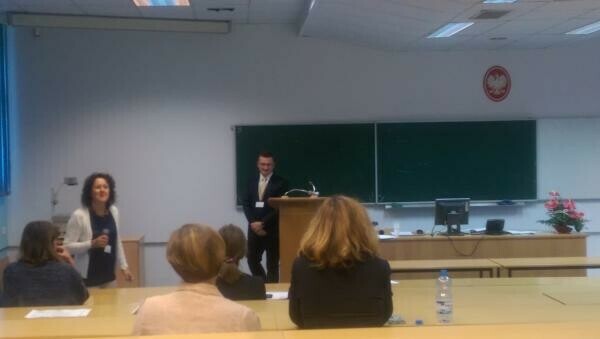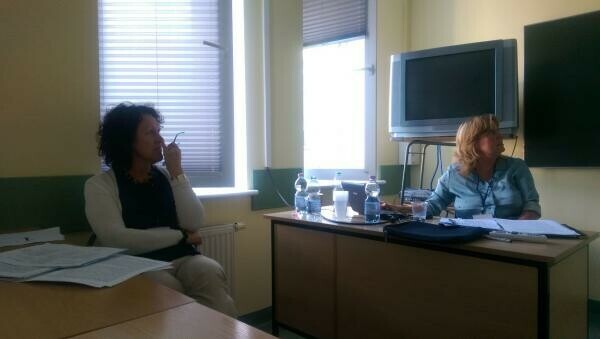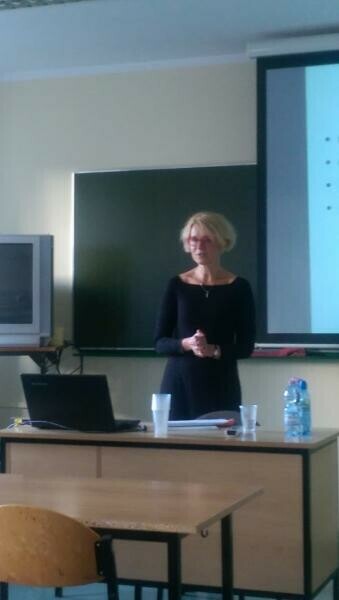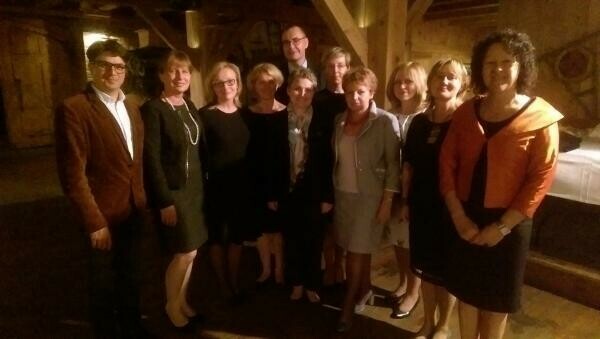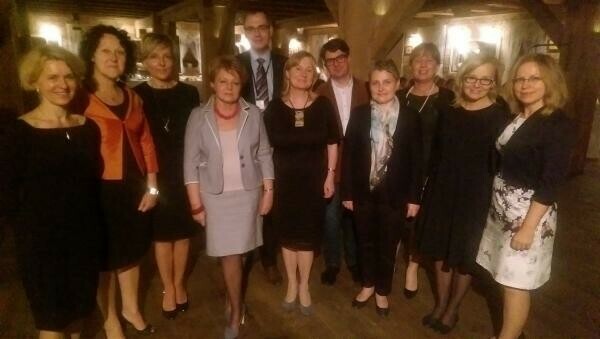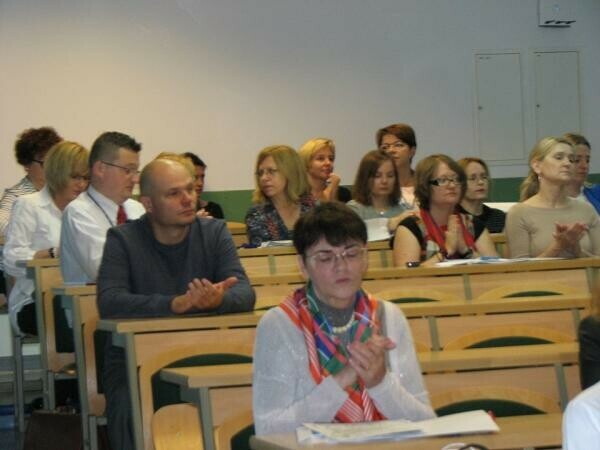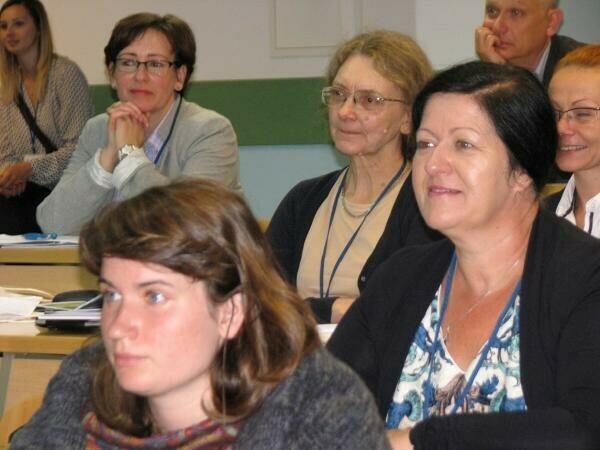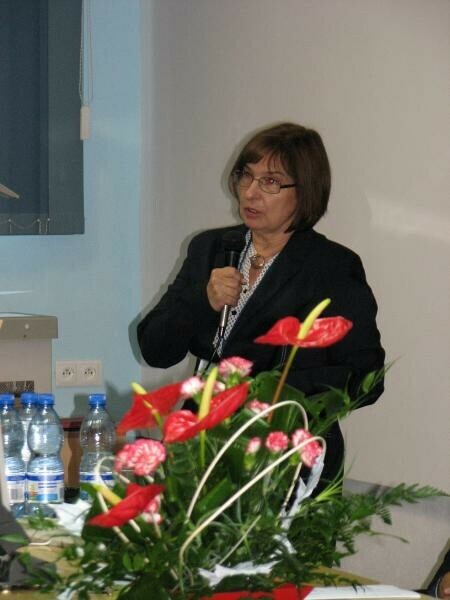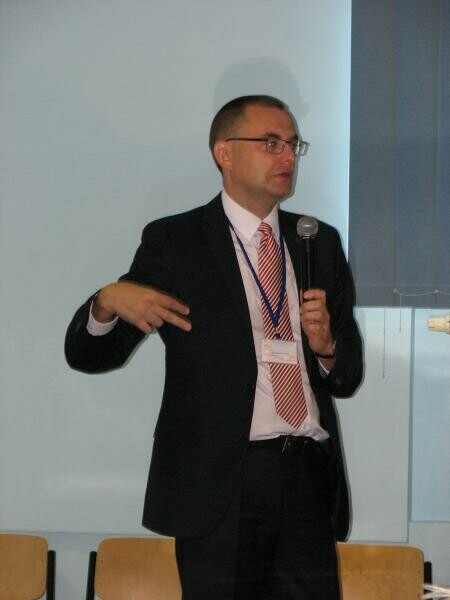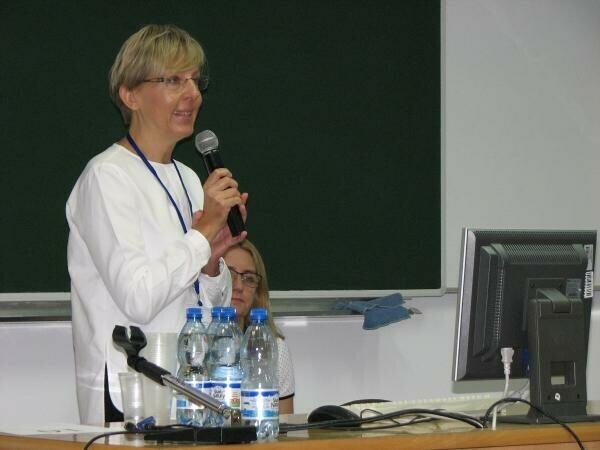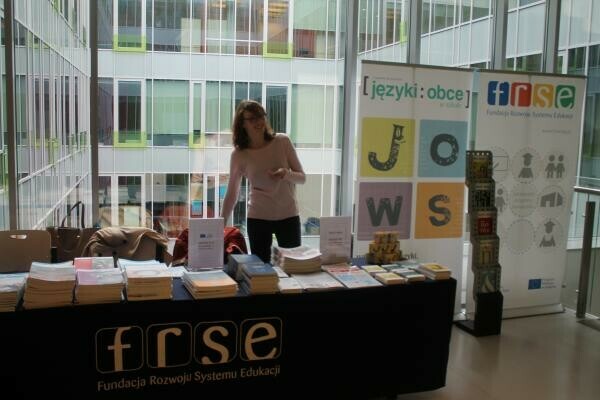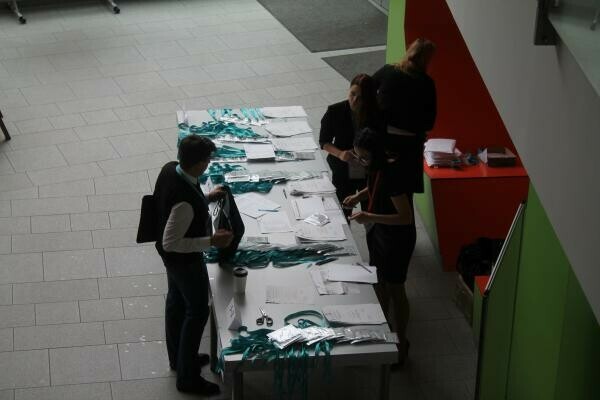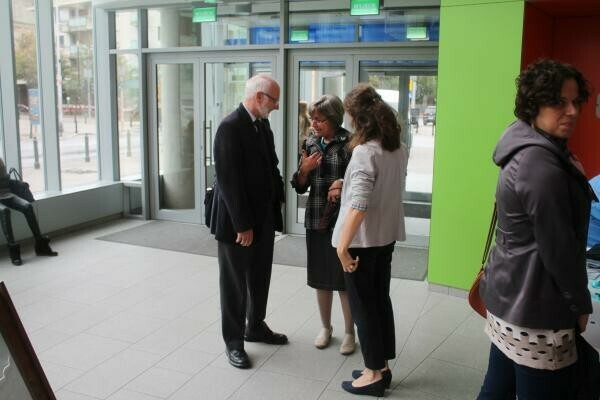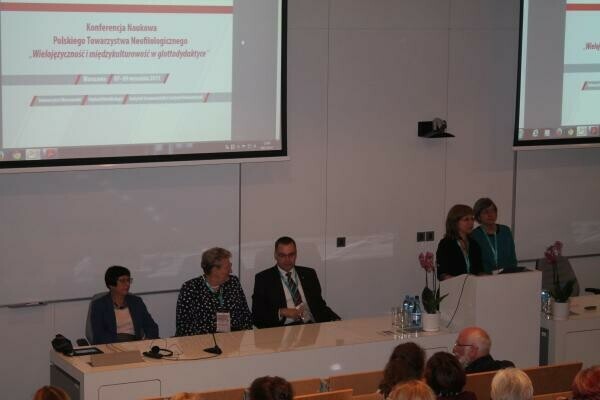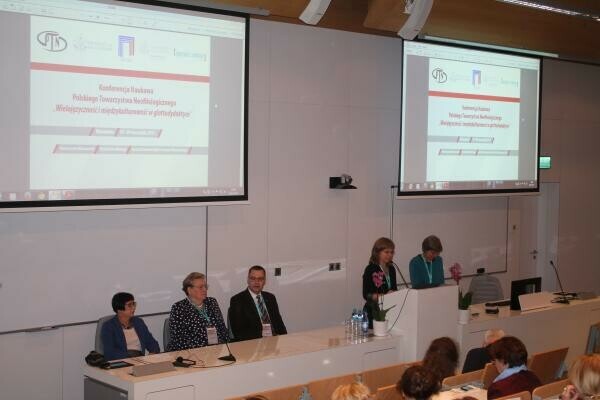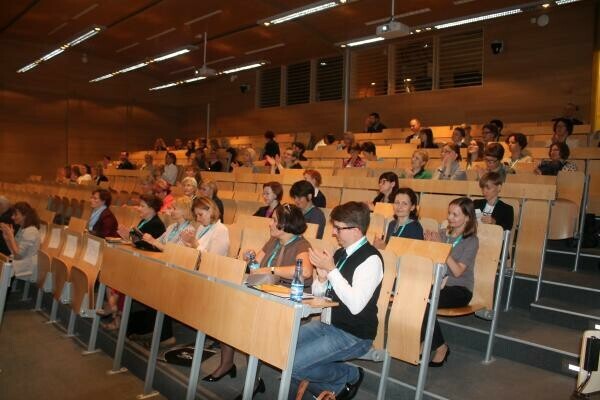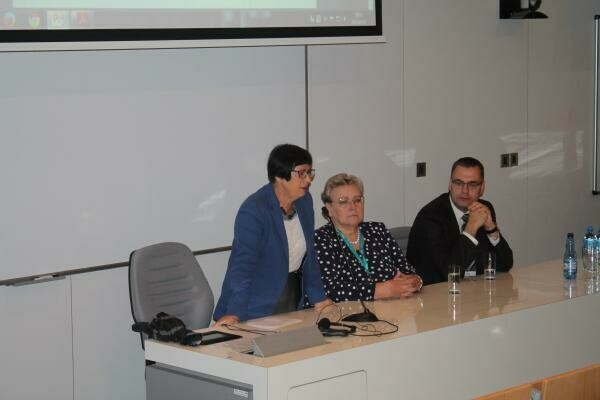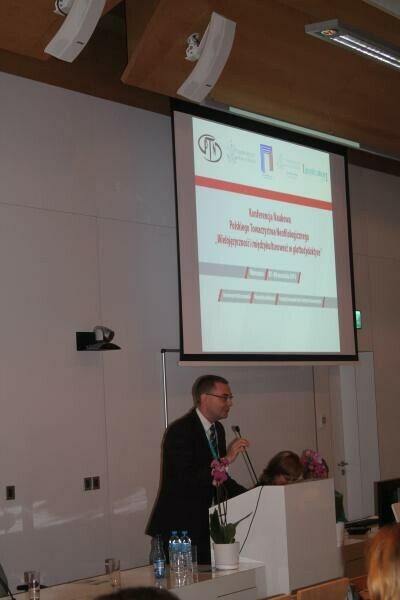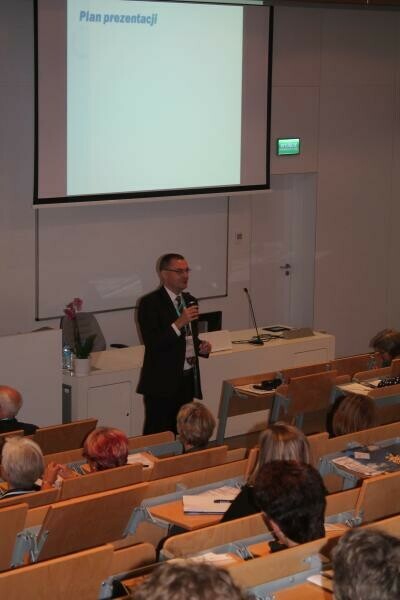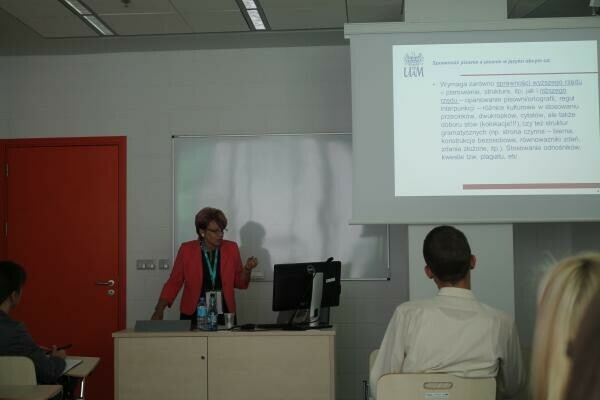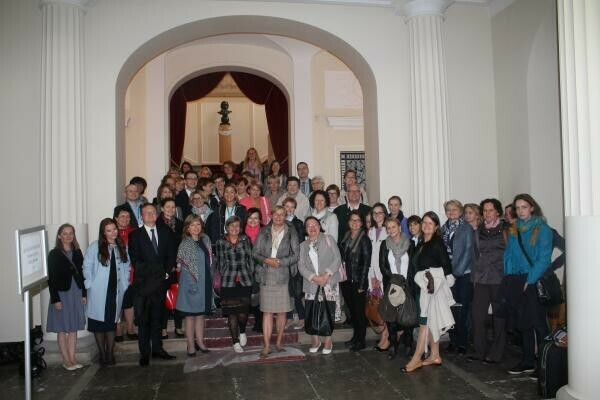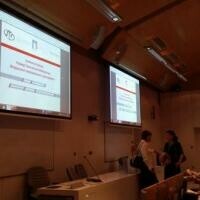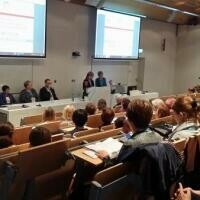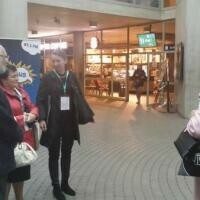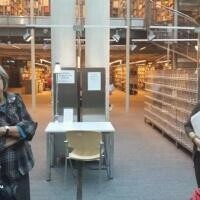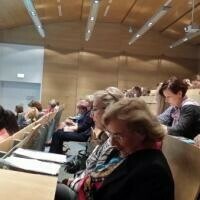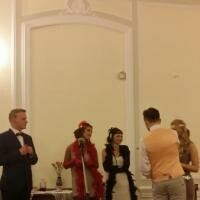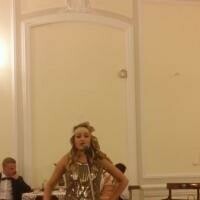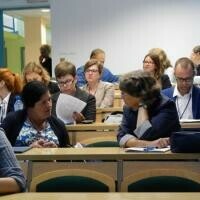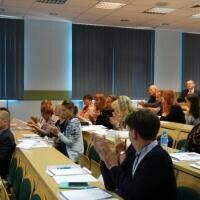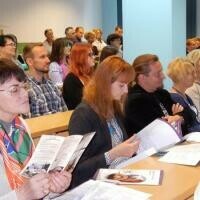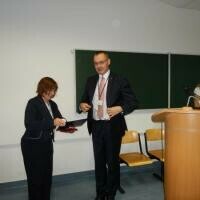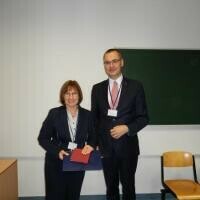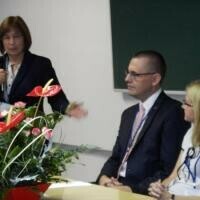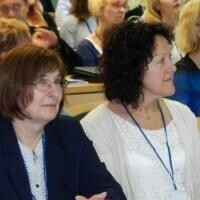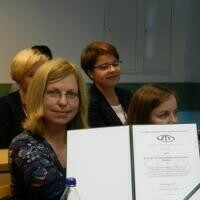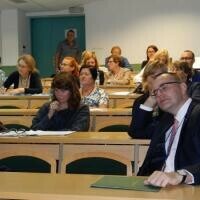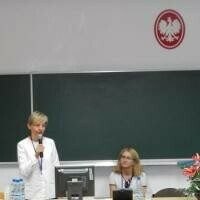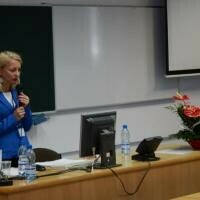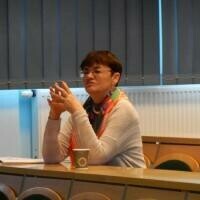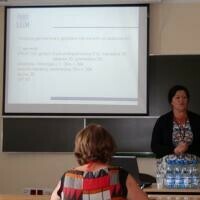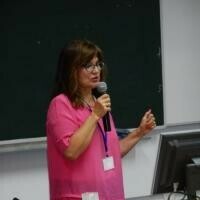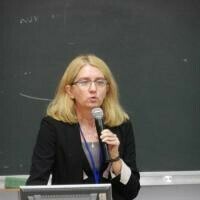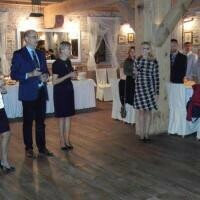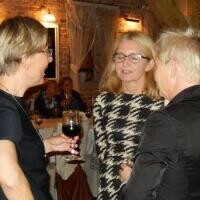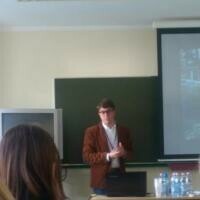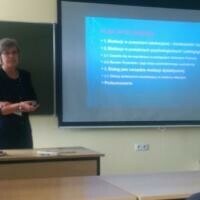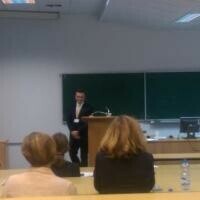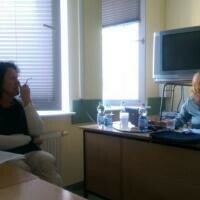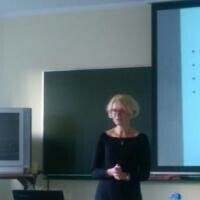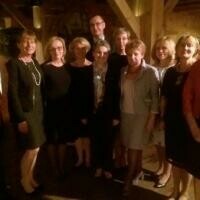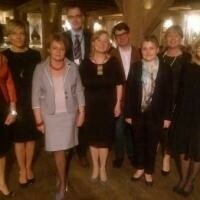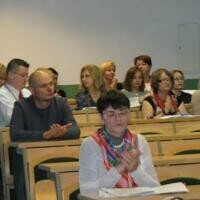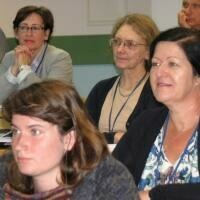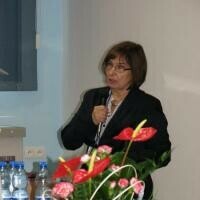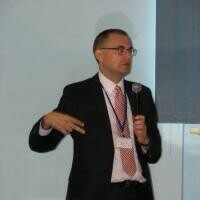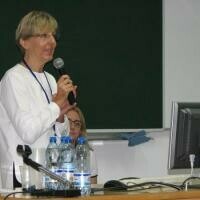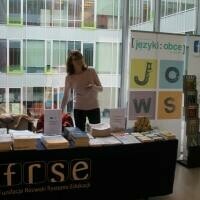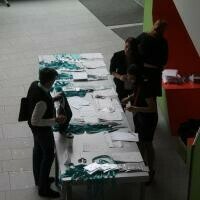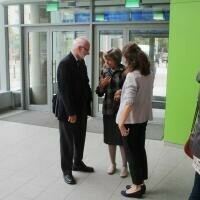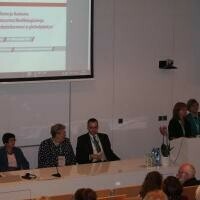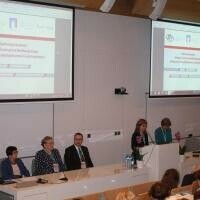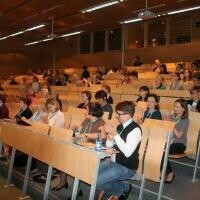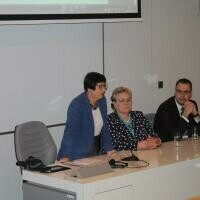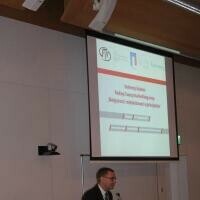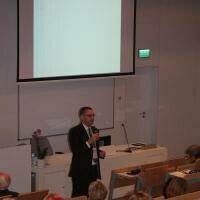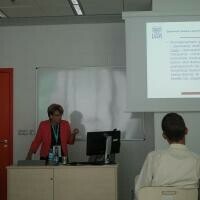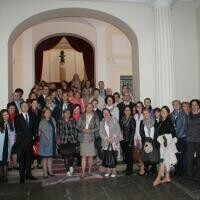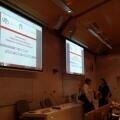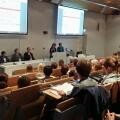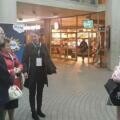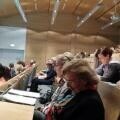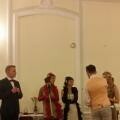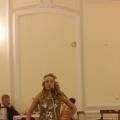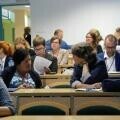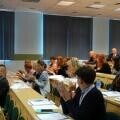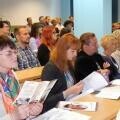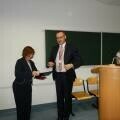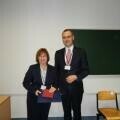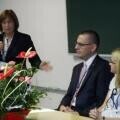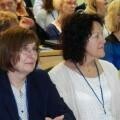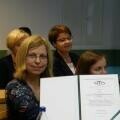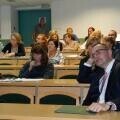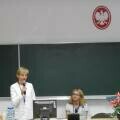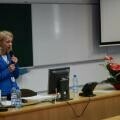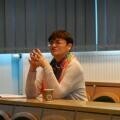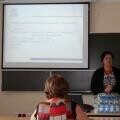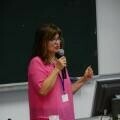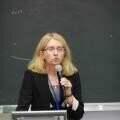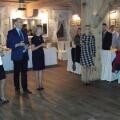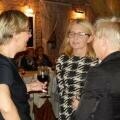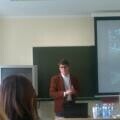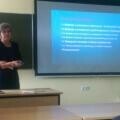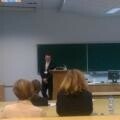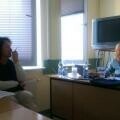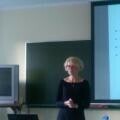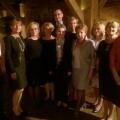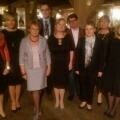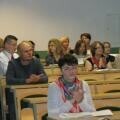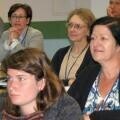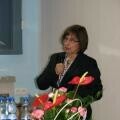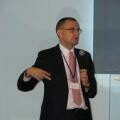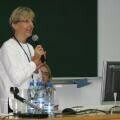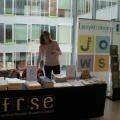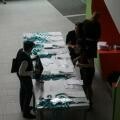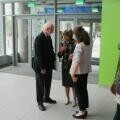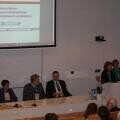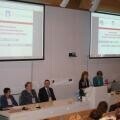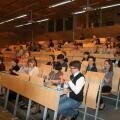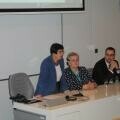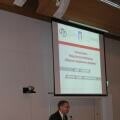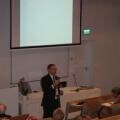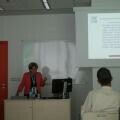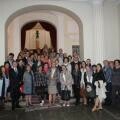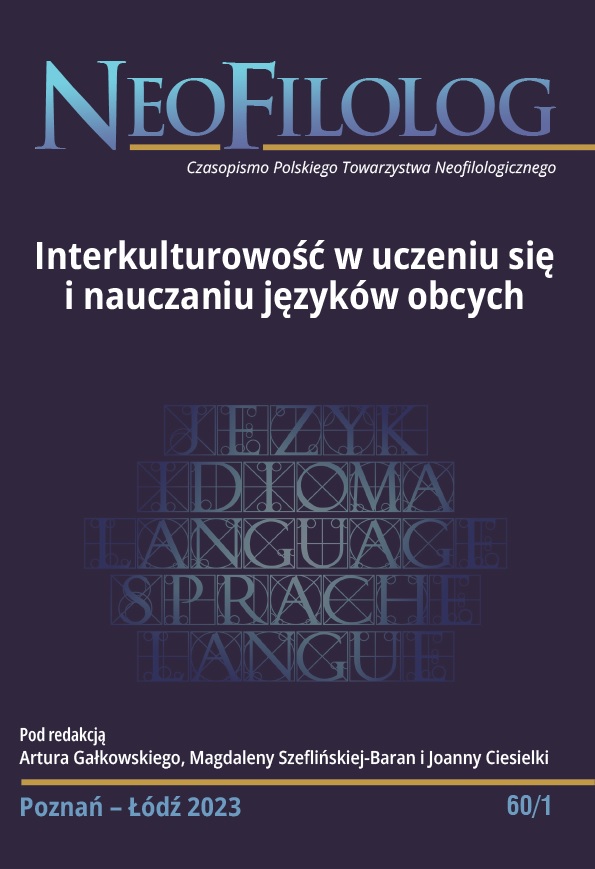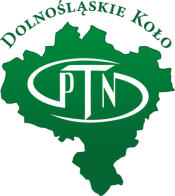Neofilolog nr 28 (2007)
Neofilolog nr 28 (2007)
Od redakcji:
Oddajemy do Państwa rąk 28 numer Neofilologa. Znajdą w nim Państwo artykuły powstałe na podstawie referatów wygłoszonych na konferencji PTN w Poznaniu (wrzesień 2004). Są to teksty autorstwa Bogusławy Whyatt i Achmeda Rafika Trada. Pozostałe artykuły to część pokłosia z konferencji w Lublinie (wrzesień 2005).
Tematyka prac jest jak zwykle bardzo różnorodna, a dotyczy głównie: nauczania interkulturowego oraz rozwijania kompetencji komunikacyjnej i interkulturowej (Małgorzata Gnyś, Magdalena Pieklarz, Sylwia Adamczak-Krysztofowicz, Maciej Mackiewicz), kompetencji czytania i pisania z uwzględnieniem sposobów ich oceniania (Monika Kusiak, Magdalena Trepczyńska), zagadnień przekładu i pracy tłumacza (Bogusława Whyatt). Są też artykuły dotyczące teorii uczenia się (Achmed Rafik Trad) i koncepcji nauczania/uczenia się w świetle polityki edukacyjnej UE (Barbara Czwartos i Renata Kozieł).
Wymienione tu artykuły to zaledwie skromna część przedstawionych referatów na konferencji „Komunikacja językowa w społeczeństwie informacyjnym...". Kolejny tom Neofilologa będzie również w większości zawierał referaty wygłoszone na konferencji, skupione przede wszystkim na problematyce psychologicznych aspektów w nauce języków obcych. Wkrótce zakończona będzie także praca nad tematycznym tomem pokonferencyjnym „Komunikacja językowa w społeczeństwie informacyjnym - nowe wyzwania dla dydaktyki języków obcych", pod wspólną redakcją Jolanty Krieger-Knieja i Urszuli Paprockiej-Piotrowskiej. Książka ukaże się nakładem wydawnictwa Towarzystwa Naukowego Katolickiego Uniwersytetu Lubelskiego (TN KUL) w Lublinie.
W numerze zamieszczamy także stanowisko Zarządu Głównego PTN w sprawie kształcenia nauczycieli oraz stanowisko dotyczące projektów standardów nauczania dla poszczególnych kierunków studiów. Dokumenty te są także dostępne na naszej stronie http://main.amu.edu.pl/~ptnwil.
Czytelnicy mogą się także zapoznać ze sprawozdaniem z ostatniej konferencji PTN w Lublinie oraz z komunikatem o kolejnej konferencji „Dydaktyka języków obcych początku XXI wieku" organizowanej w dniach 11- 13 września w Krakowie.
Zapraszamy do lektury!
Katarzyna Karpińska-Szaj
|
SPIS TREŚCI |
||
|
|
||
|
ARTYKUŁY |
||
|
|
||
|
Stereotypy a afektywność w kształceniu do komunikacji interkulturowej na studiach neofilologicznych - Magdalena Pieklarz |
6 | |
|
Patrymonium europejskie" jako nowe podejście w nauczaniu kulturoznawstwa na kierunku filologia obca na studiach zawodowych - Małgorzata Gnyś |
16 | |
|
|
27 | |
|
Orientacja (inter)kulturowa zajęć języka niemieckiego na poziomie ponadgimnazjalnym - fakty i mity - Maciej Mackiewicz |
35 | |
|
Polityka edukacyjna UE jako przyczynek do rozwoju społeczeństwa kognitywnego - Barbara Czwartos, Renata Kozieł |
42 | |
|
Testowanie sprawności czytania: teoria a praktyka - Monika Kusiak |
55 | |
|
Uczeń w roli oceniającego: wykorzystanie arkuszy ewaluacji w ocenianiu koleżeńskim w nauce pisania w języku obcym - Magdalena Trepczyńska |
63 | |
|
Psycholingwistyczne badanie użycia słowników w procesie tłumaczenia - Bogusława Whyatt |
72 | |
|
Subjektive Theorien der Lernenden Zur Optimierung des Lernerfolgs - Ahmed Rafik Trad |
80 | |
|
|
||
|
SPRAWOZDANIA I KOMUNIKATY |
||
|
|
||
|
Sprawozdanie z konferencji „Komunikacja językowa w społeczeństwie informacyjnym - nowe wyzwania dla dydaktyki języków obcych " - Urszula Paprocka-Piotrowska |
87 | |
|
Stanowisko Zarządu głównego PTN w sprawie kształcenia nauczycieli języków obcych |
89 | |
|
Stanowisko Zarządu Głównego PTN w sprawie kształcenia w zakresie języków obcych |
100 | |
|
Komunikat o konferencji „Dydaktyka języków obcych początku XXI wieku" |
104 |
Streszczenia:
Magdalena Pieklarz
Stereotypes versus affectiveness in education leading to intercultural communication.
The following article discusses the relation between cultural stereotyping and affective processes in education leading to intercultural communication in modern languages studies. This work is both an attempt to explain this phenomenon theoretically and to research the previously mentioned relation in the light of postulates of intercultural education. A part of this work is also an analysis aiming at determining the factors influencing a stereotype category. The article points at the significance and complexity of a stereotype from the glottodidactic point of view. It emphasizes that the representation of a stereotype is affectively conditioned and depends on many factors among which we can find both the affective factors and the factors determining affectively the category of a stereotype in the process of learning foreign languages. The author also formulates aims and postulates of the work with a stereotype in education leading to intercultural communication.
Małgorzata Gnyś
The European Comparative Cultural Studies
The article present a new cross-cultural and gender studies approach "in the capsules". The project "Culture of the European Countries and Regions"(2002/3, Institute of Neo-Philology of the University of Podlasie, Siedlce) was first introduced during enlargement of the vocational neo-philological study course. It is auxiliary subject to develop the student's linguistic and cultural competence and consequently the inter-cultural competence of the future foreign language teachers and translators. The language of instruction is Polish; the classes have a format of lectures, discussions-oriented classes or workshops, which allows students of the English, German and Russian philology to widen their propaedeutic knowledge of anthropology and history culture. Practical application of chosen phenomena of the high, social, material etc. culture to the language and culture of the given philology allows the students to formulate a cognitive and terminological thesaurus of culture.
Sylwia Adamczak-Krysztofowicz
The Role of Intercultural Approach in Teaching German as a Foreign Language.
Focus on Selected Results of the Empirical Study
The article focuses on the analysis of the results of the quantitative-qualitative study on the validity of intercultural approach in teaching German as a foreign language at universities in Poznań, Warszawa, Wrocław, Kraków, Zielona Góra, Gdańsk, Szczecin, Toruń, Lublin and Łódź as well as colleges in Poznań, Konin and Leszno. The main section contains the author's concluding discussion of research findings. The final part of the article presents conclusions that can be driven at in terms of developing intercultural competence among university learners.
Maciej Mackiewicz
(Inter)cultural orientation of German classes at upper secondary school level - facts and myths
The research conducted among university/college learners of German indicates that they start an academic stage of learning with a little cultural knowledge of German speaking countries and even lesser intercultural competence despite a few years of learning at lower secondary school and upper secondary school. The aim of the article is to reflect upon an actual role of (inter)cultural content at upper secondary school level. On the basis of teachers' opinions and learners' opinions the author captures the actual and real picture of the (inter)cultural component of German classes, and formulates conclusions and recommendations.
Barbara Czwartos
Renata Koziełb
European Union education policy as a contribution to the development of a cognitive society.
The aim of this article is to present the main principles of European Union education policy seeking to create a cognitive society whose members should constantly improve their knowledge and develop their competences. The essence of the society understood this way is reflected in four basic aspects of learning: learning to know, learning to do, learning to be and learning to live together. Such an approach to learning is used as the basis for the subsequent analysis of Poland's education policy who as a Member State of the European Union should adjust to the principles set by the EU and aim at creating a cognitive society.
Monika Kusiak
Testing reading: the interplay between theory and practice
The paper looks at how reading models define the construct of reading and how different conceptualizations of reading can influence construction of reading tests. The author discusses several scales of reading development suggested by, e.g. the Council of Europe Common European Framework, the Polish Ministry of Education. The paper examines how test constructors draw on the aforementioned scales; it compares tests assessing reading in English as a foreign language as well as tests measuring reading in Polish as a first language, e.g. PISA reading literacy tests and final secondary school exams.
Magdalena Trepczyńska
Involving learners in the process of evaluation.
The role of peer response forms in the L2 writing instruction
The present paper addresses some practical aspects of the implementation of peer response in the second language writing classroom. In particular, it focuses on the rationale behind the use of peer response forms, outlining the instructional benefits and discussing potential concerns. The article also concentrates on the issues of peer response form design and learner training, as well as the implications for course and lesson planning.
Bogusława Whyatt
A psycholinguistic investigation into the use of dictionaries in the process of translation. A think aloud protocol study.
This paper investigates the use of bilingual and monolingual dictionaries by students of translation. The data presented in the study come from think aloud protocols which were recorded by students in order to externalise the process of translating a text from English into Polish. The results of the study show that students first tend to treat dictionaries as an authority but with more translational experience they come to question the information provided by dictionaries and finally they subconsciously use them as a source of clues which often stimulate the retrieval of the searched equivalents from the students' own mental lexicons.
Ahmed Rafik Trad
Subjective learner theories aimed at the optimization of learning success
In traditional and modern foreign language teaching didactics, both learners and teachers express different opinions on foreign language learning success, which accounts for the conflict matter in lesson interaction. In order to integrate the opinions and to support the learners' confidence, it is crucial to recognize the necessity of subjective learner theories' formation and study. The way to achieve this is the development of metacognitive skills and strategies in foreign language learning among junior high school students.

